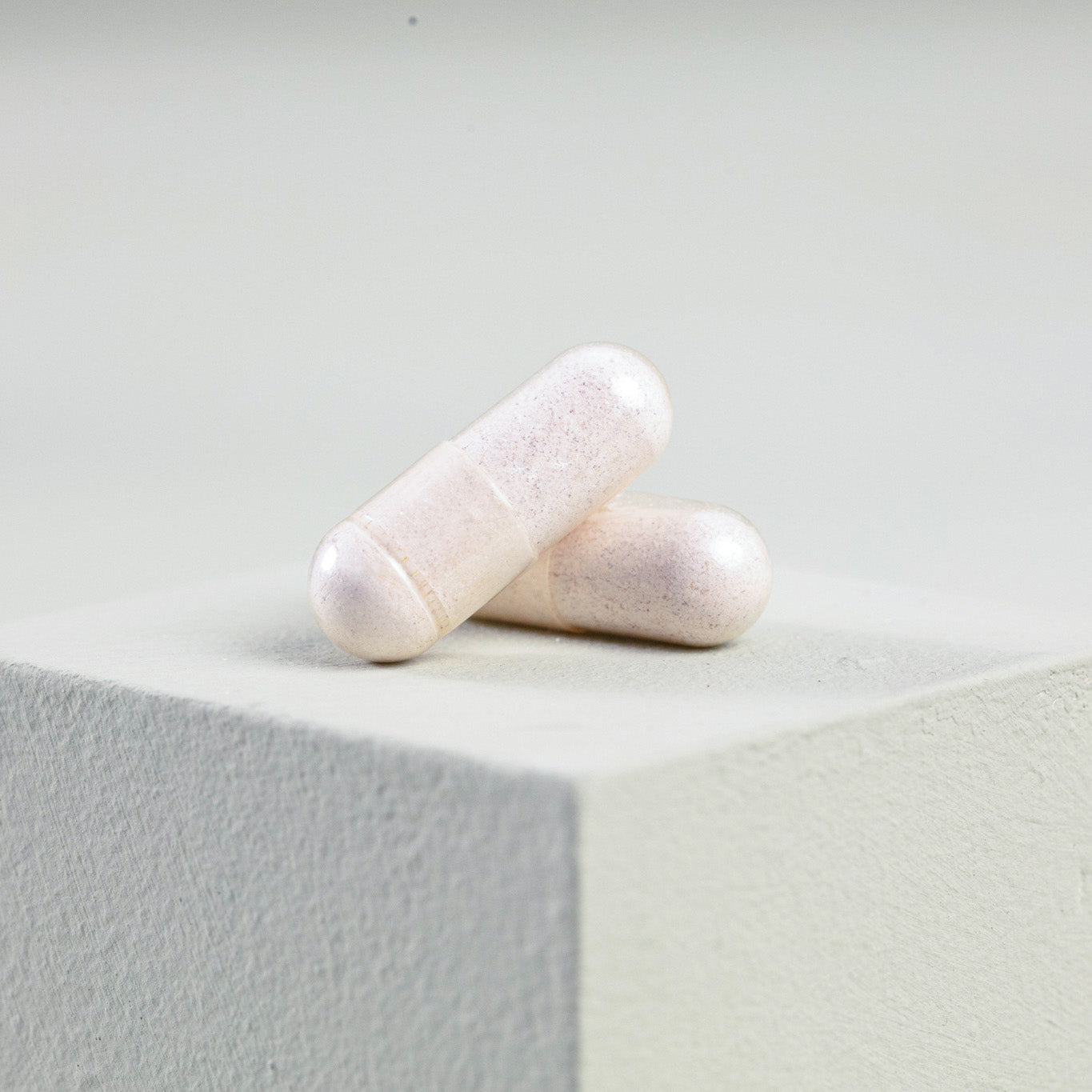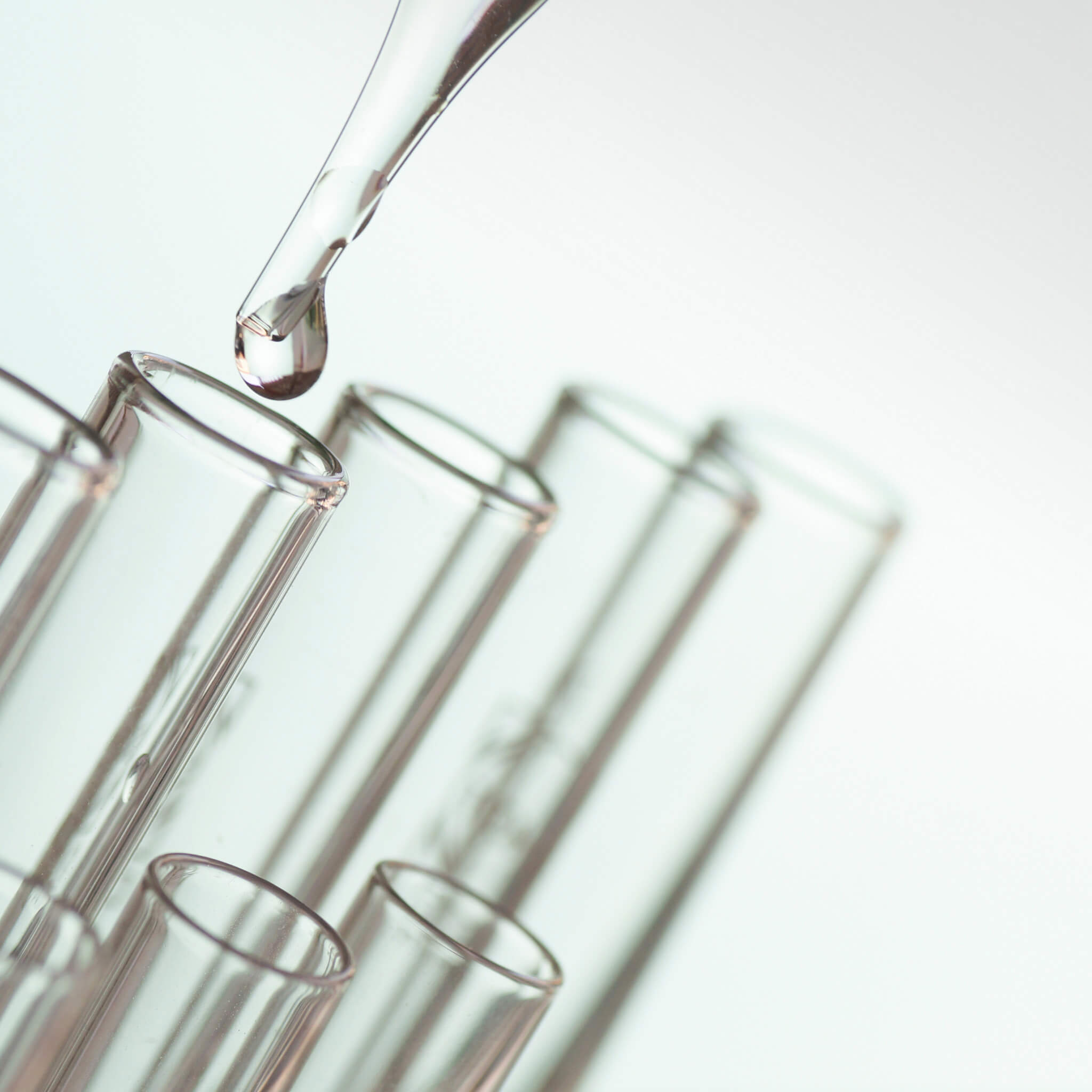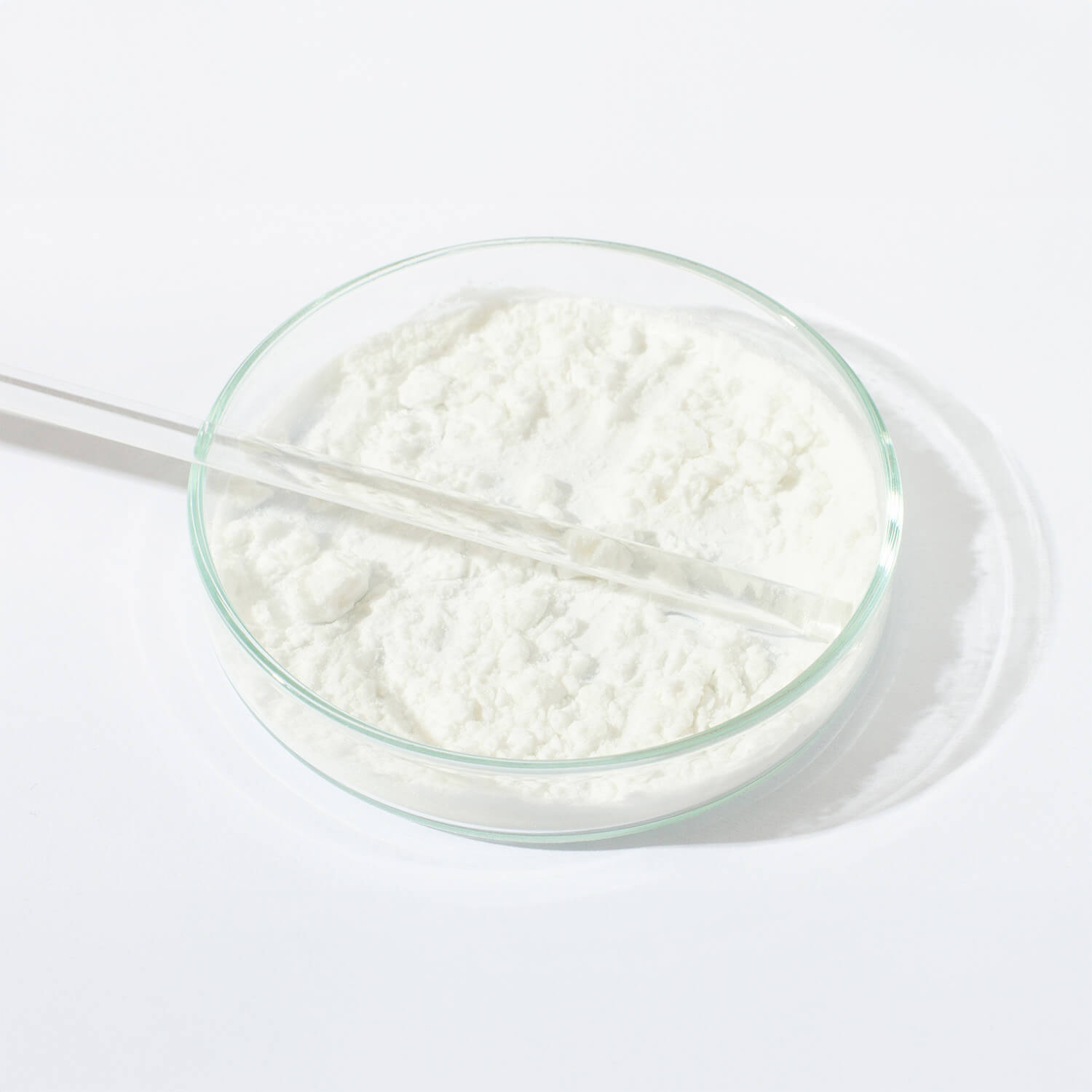
Ingredients
Each Proceive® product contains a broad range of nutrients, including vitamins, minerals, and amino acids. The level of each nutrient is uniquely tailored to each product for every life stage. We use only high-quality ingredients, carefully selecting nutrients for their purity, quality, and bioavailability—without any unnecessary fillers or binders.
Explore our nutrients using the tables below:
Amino Acids & Antioxidants
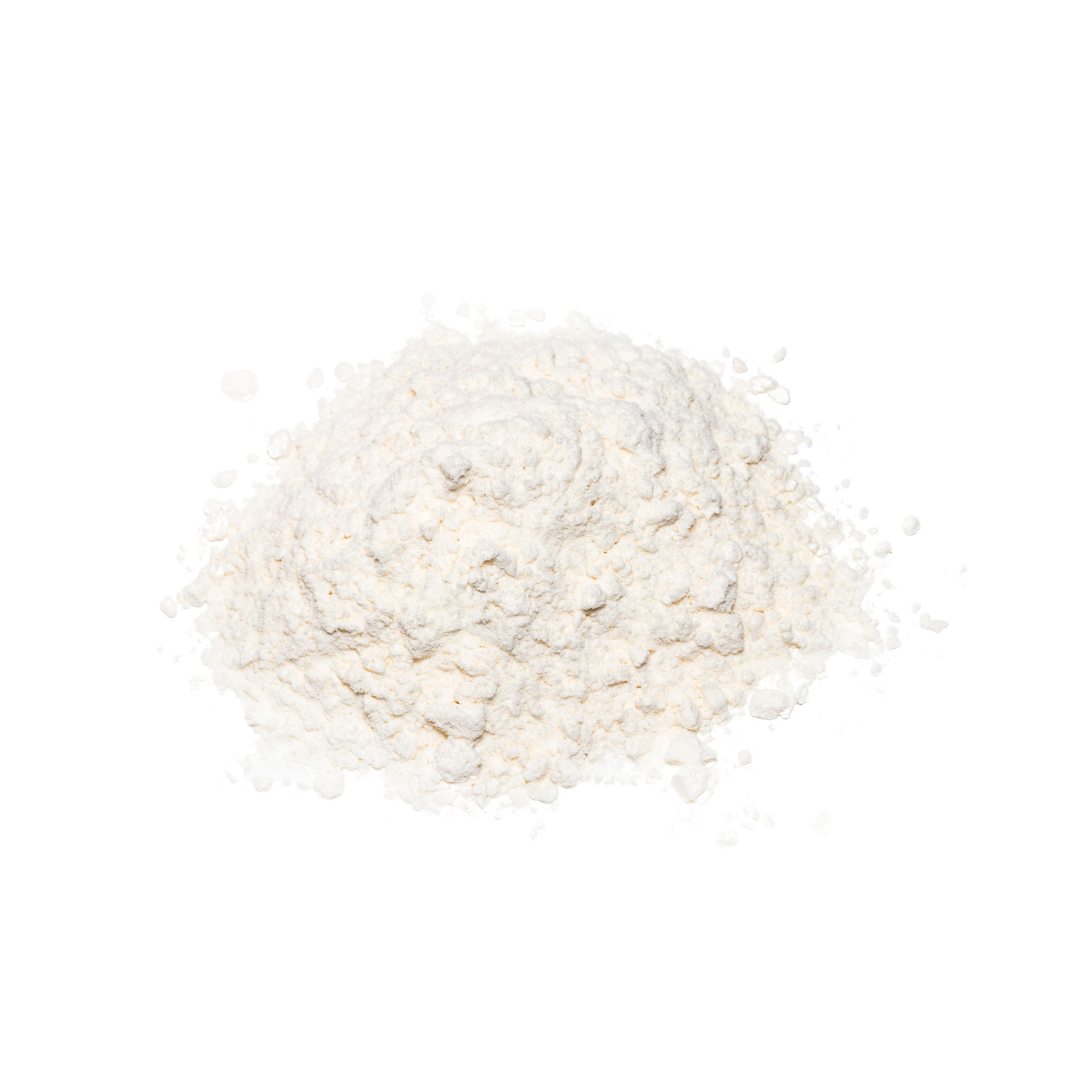
L-Citrulline
L-Citrulline is a non-essential amino acid. It's name is derived from Citrullus, the Latin word for watermelon.
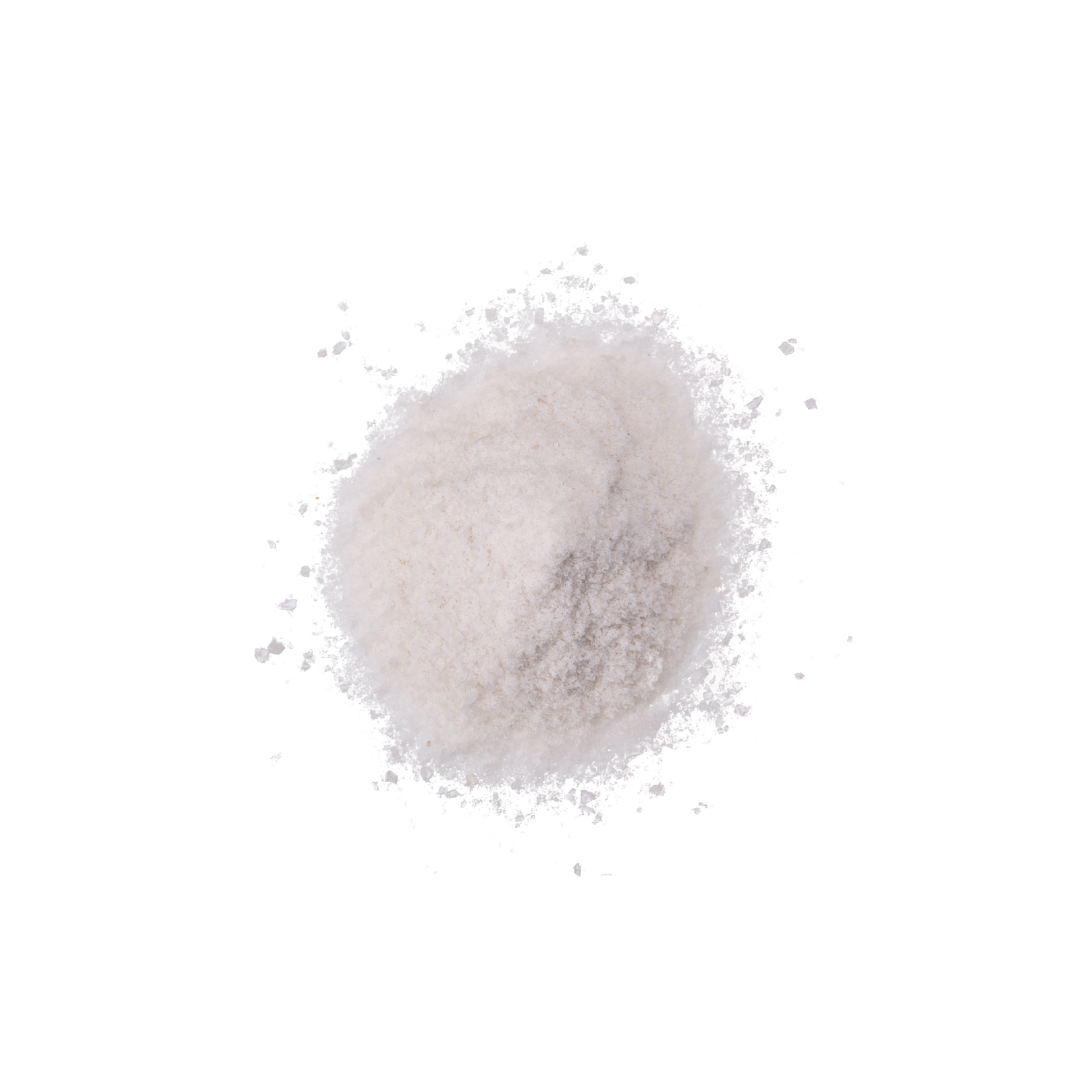
L'Arginine
L-Arginine is a non-essential amino acid. It is found in most protein-rich foods.
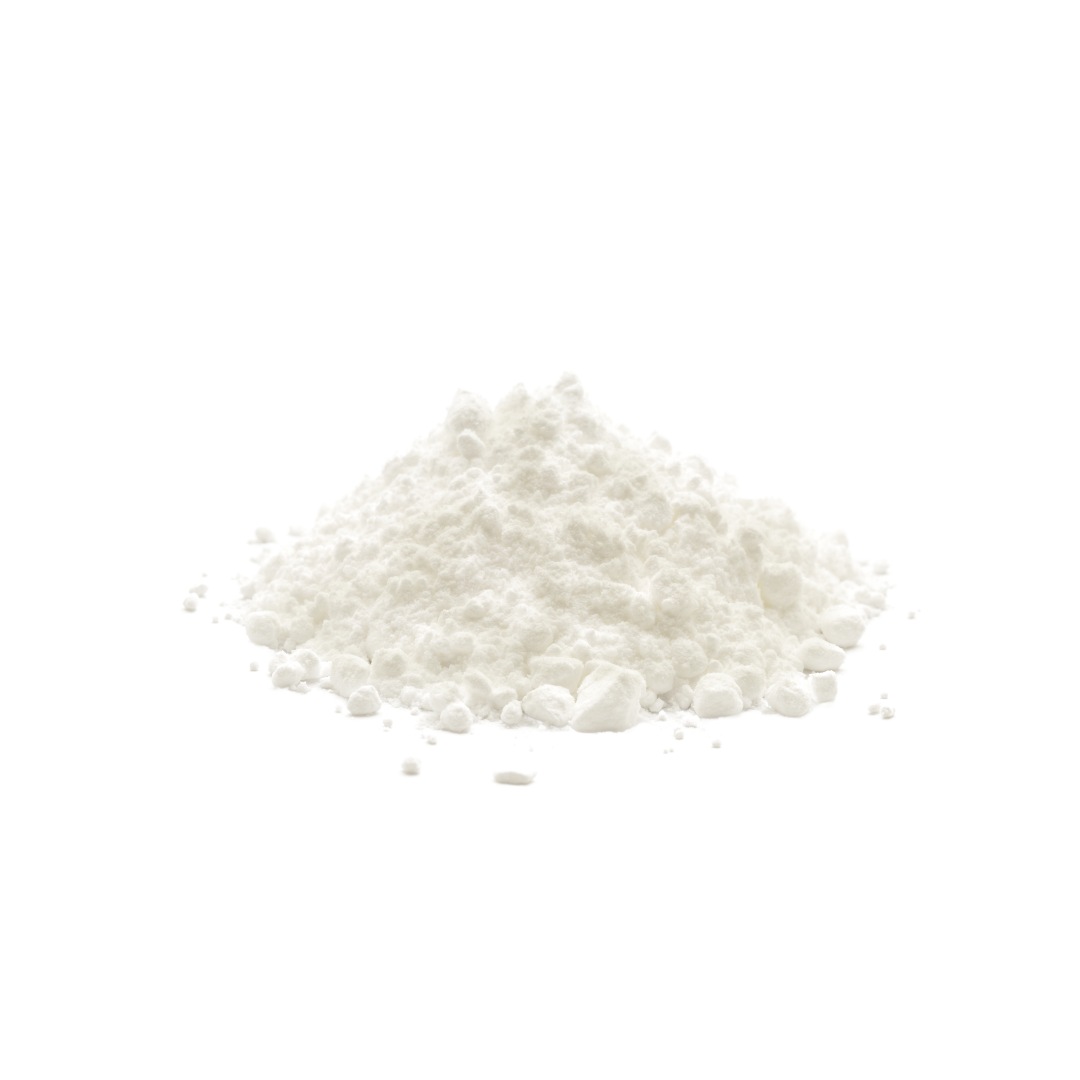
L'Carnitine
L'Carnitine is found in meat products, therefore vegans are recommended to supplement.
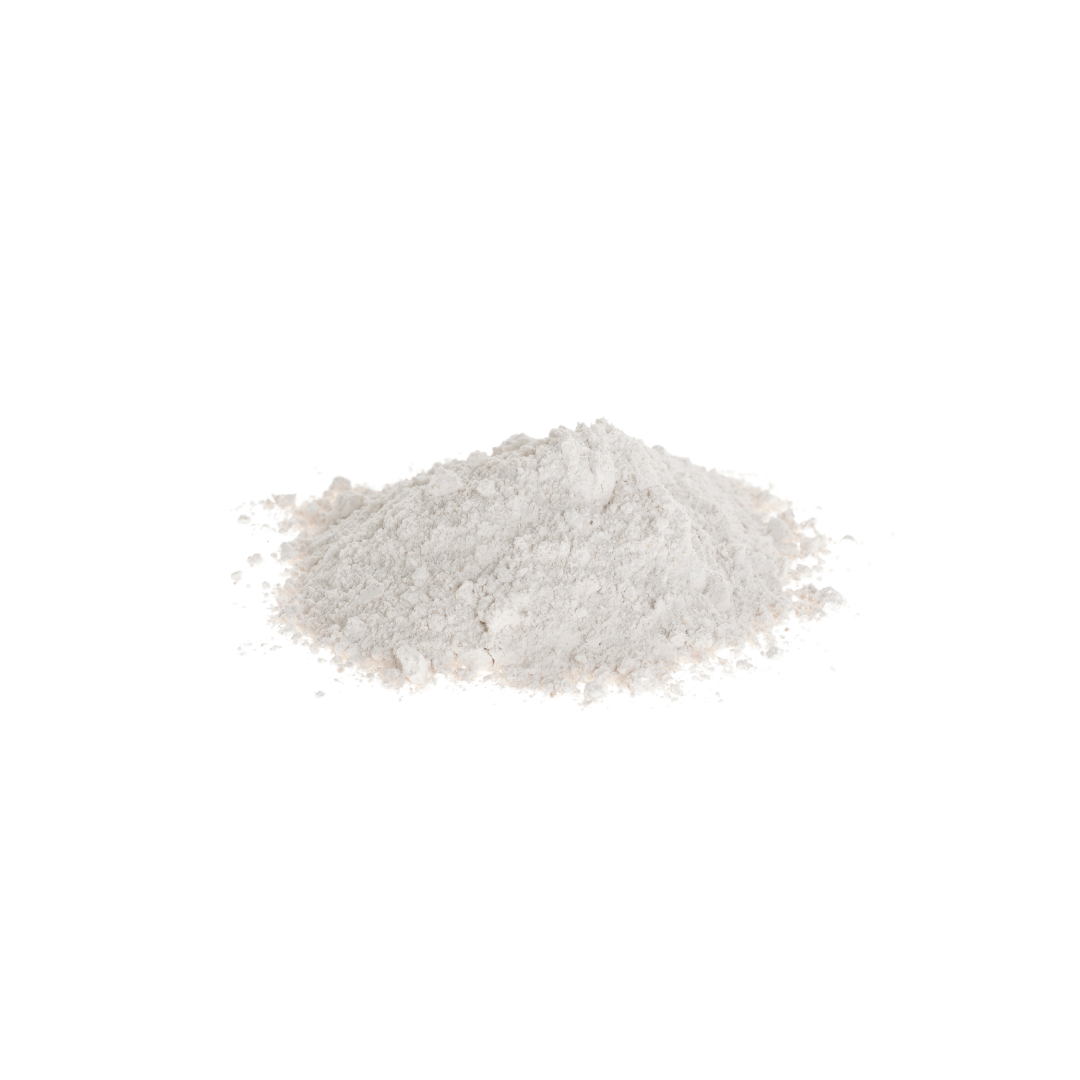
L'Glutamine
L'Glutamine is a non-essential amino acid. It is the most abundant amino acid in the body.
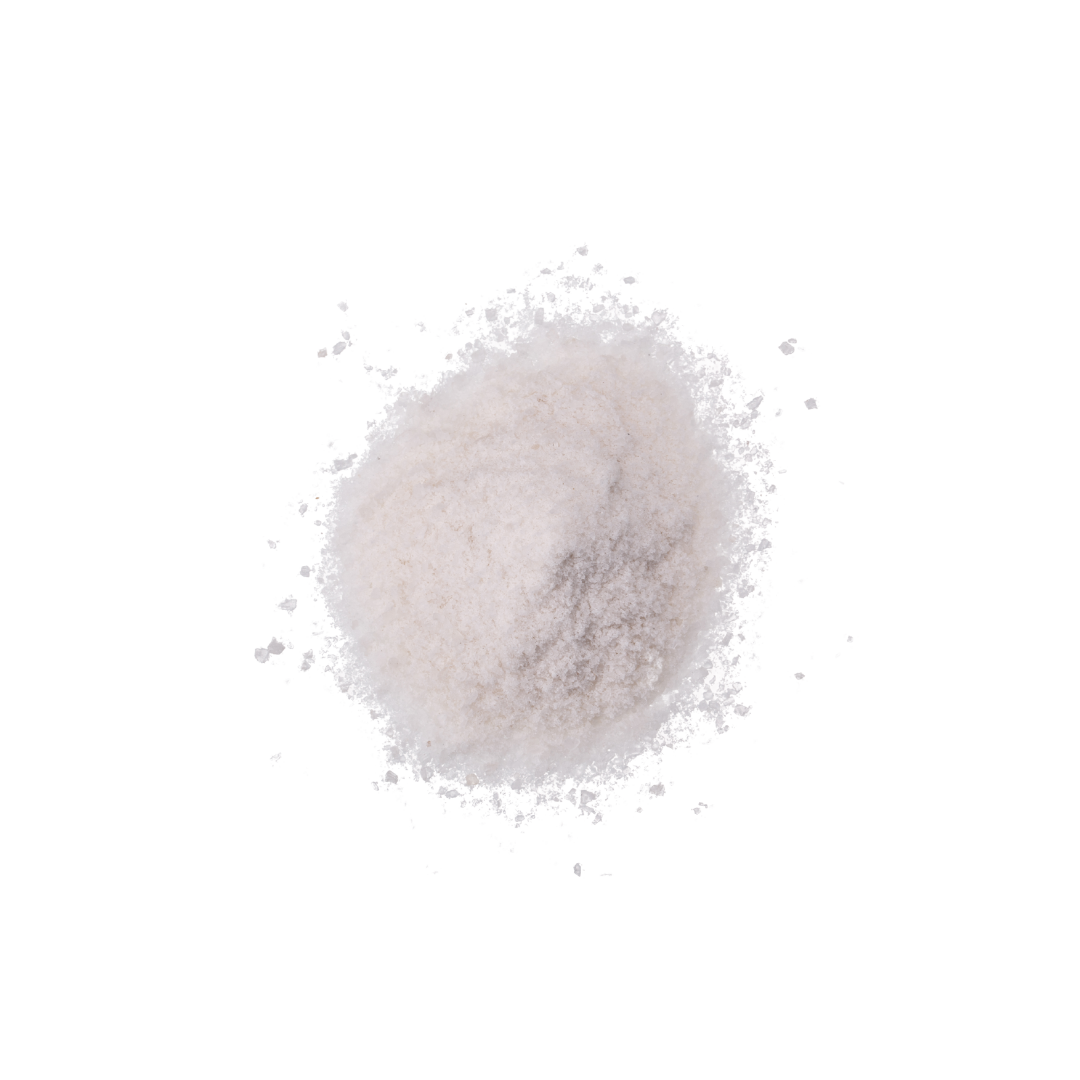
L-Cysteine
L'Cysteine is a non essential amino acid important for making protein and other metabolic functions.
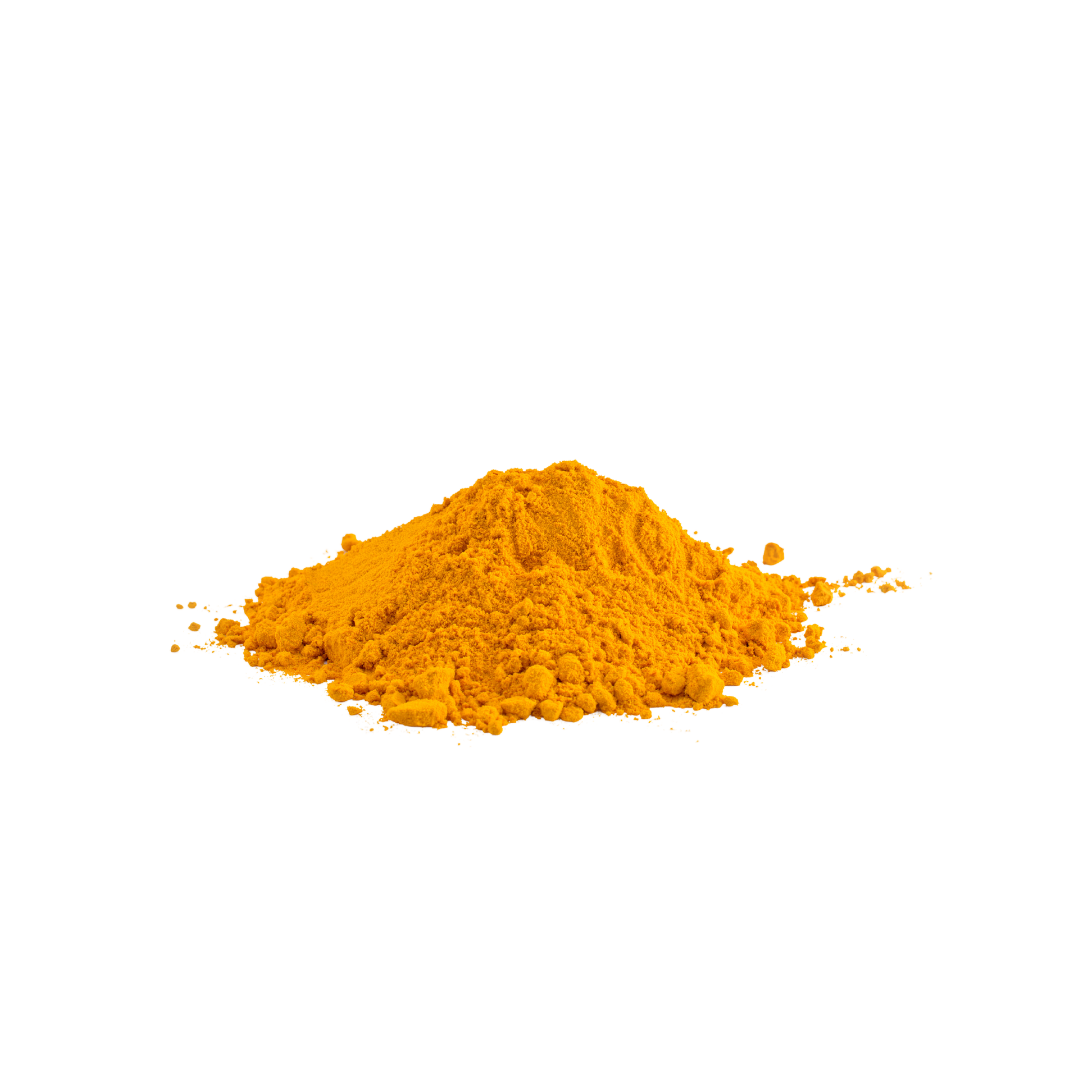
Co-Enzyme Q10
Co-Enzyme Q10 also known as ubiquinone is a substance found within the mitochondria of cells. It depletes as we get older and is an important nutrient for those over 35.
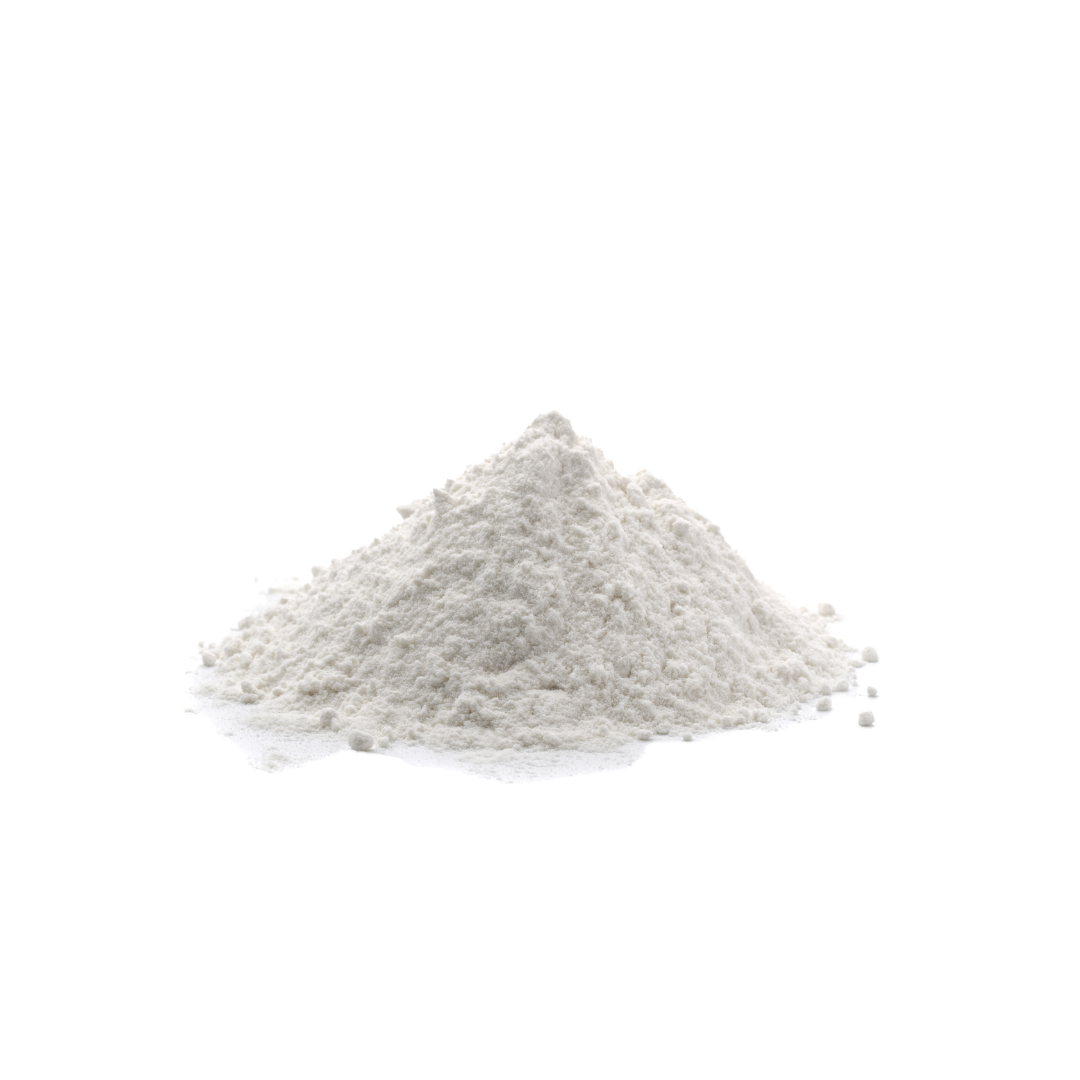
Taurine
Taurine is a non-essential amino acid which occurs naturally in foods that are high in protein including fish and meat.
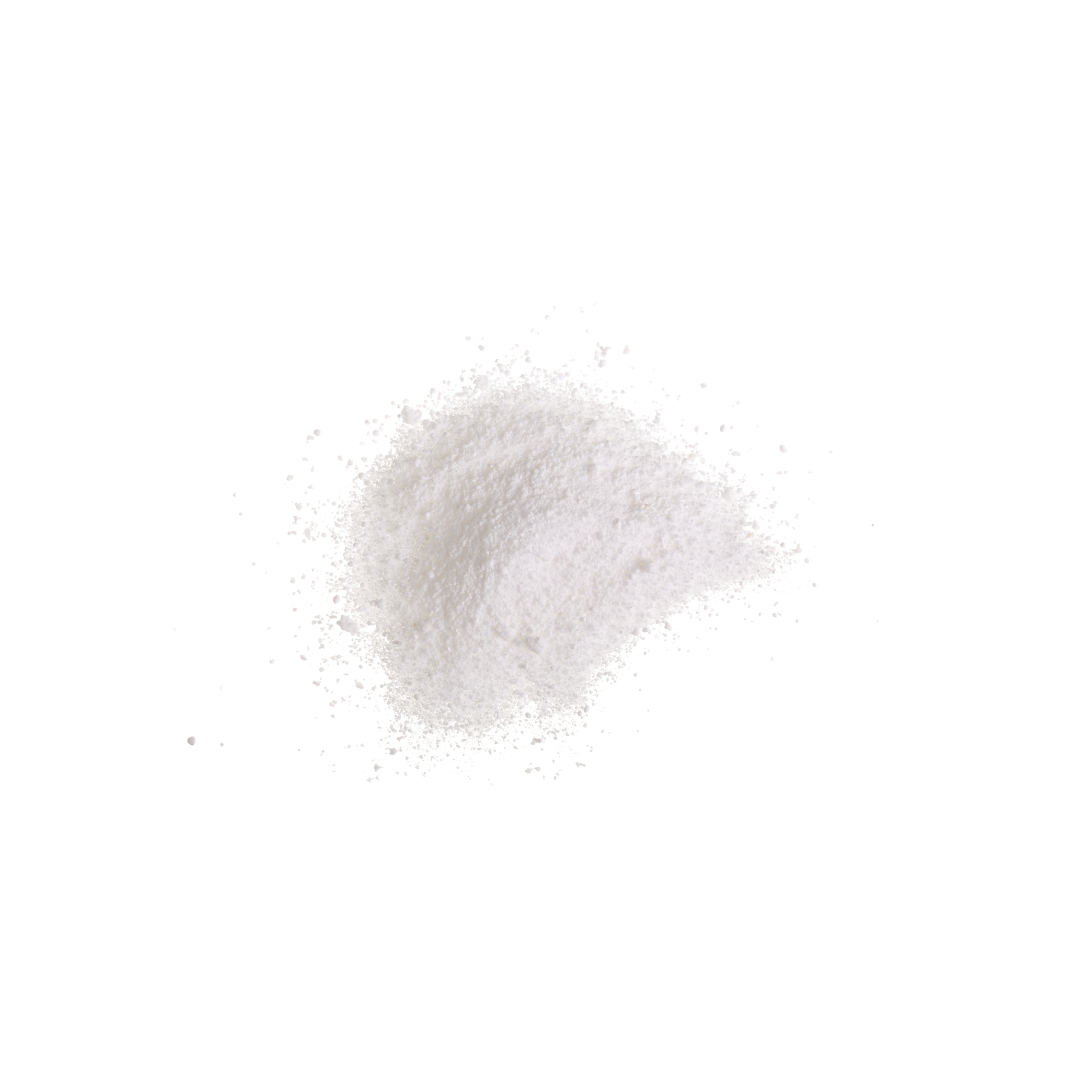
Glycine
Glycine is an amino acid, it is available through protein rich food such as meat.

Black Elderberry
Potent antioxidant known for 1,000's of years for supporting the immune system.
Vitamins
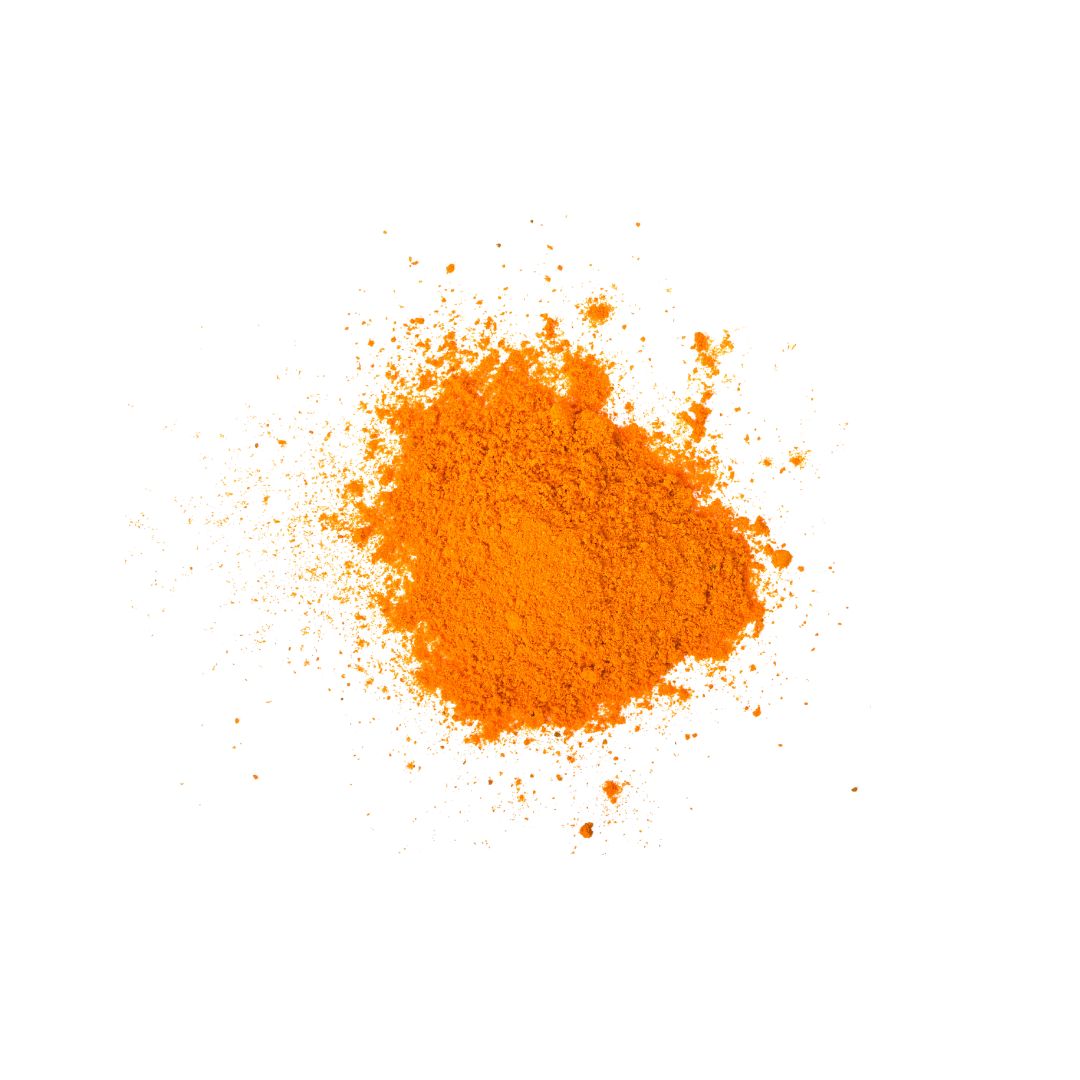
Vitamin B2
Vitamin B2 also known as Riboflavin has many functions, including the protection of cells from oxidative stress.
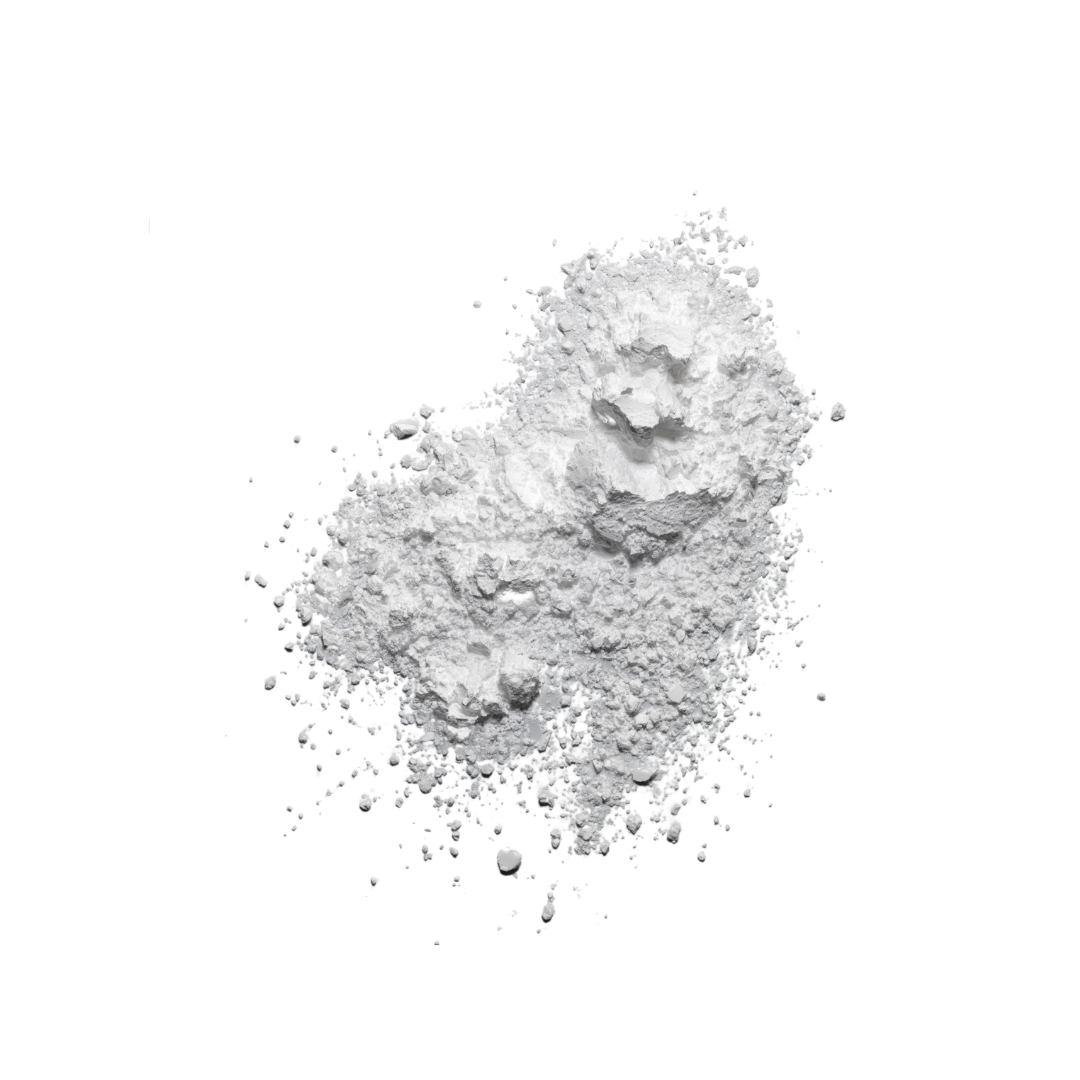
Vitamin D3
Vitamin D3 contributes to the normal function of the immune system and has a role in the process of cell division.
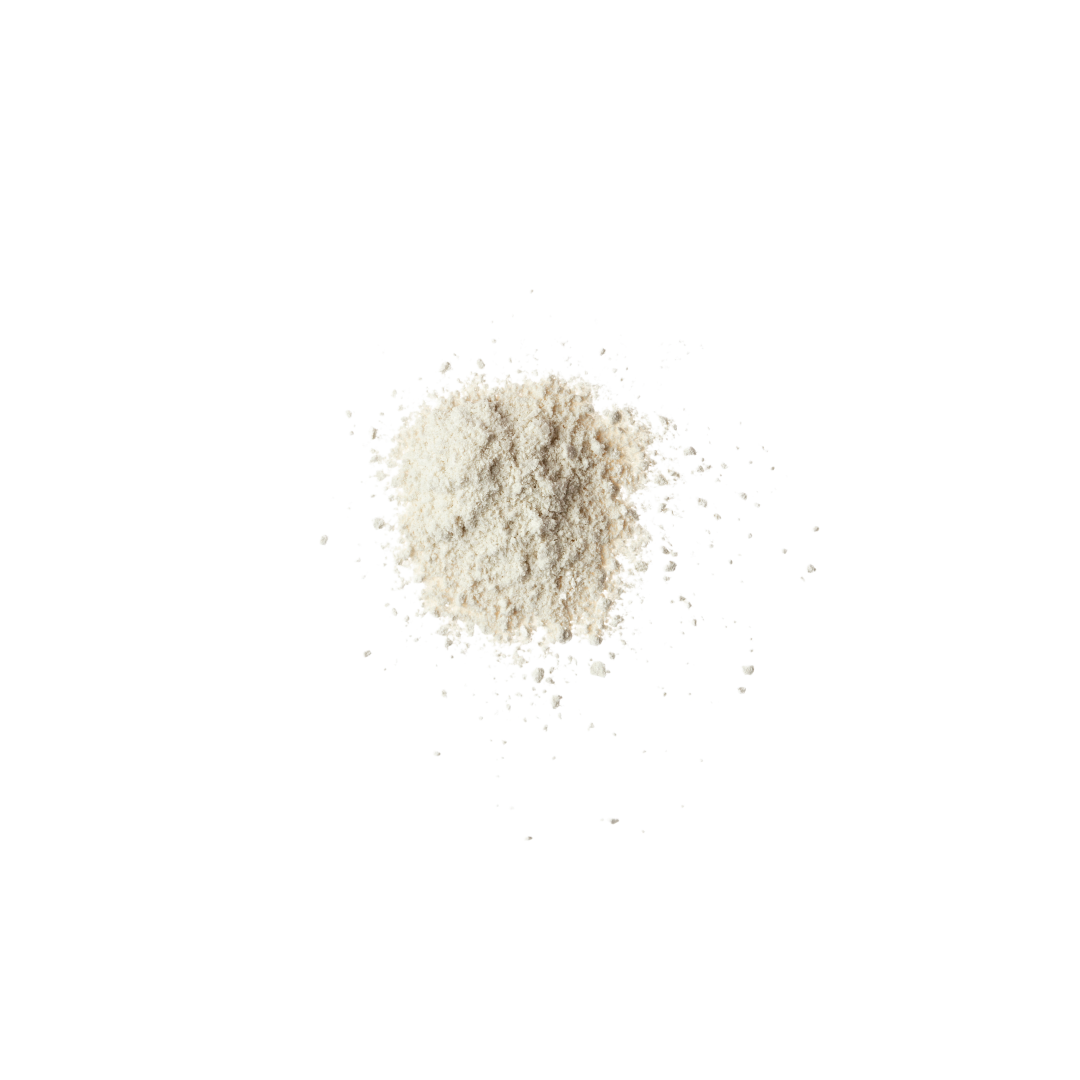
Vitamin E
Vitamin E is a fat soluble vitamin that contributes to the protection cells from oxidative stress. At Proceive we use the alpha-tocopherol form of Vitamin E.
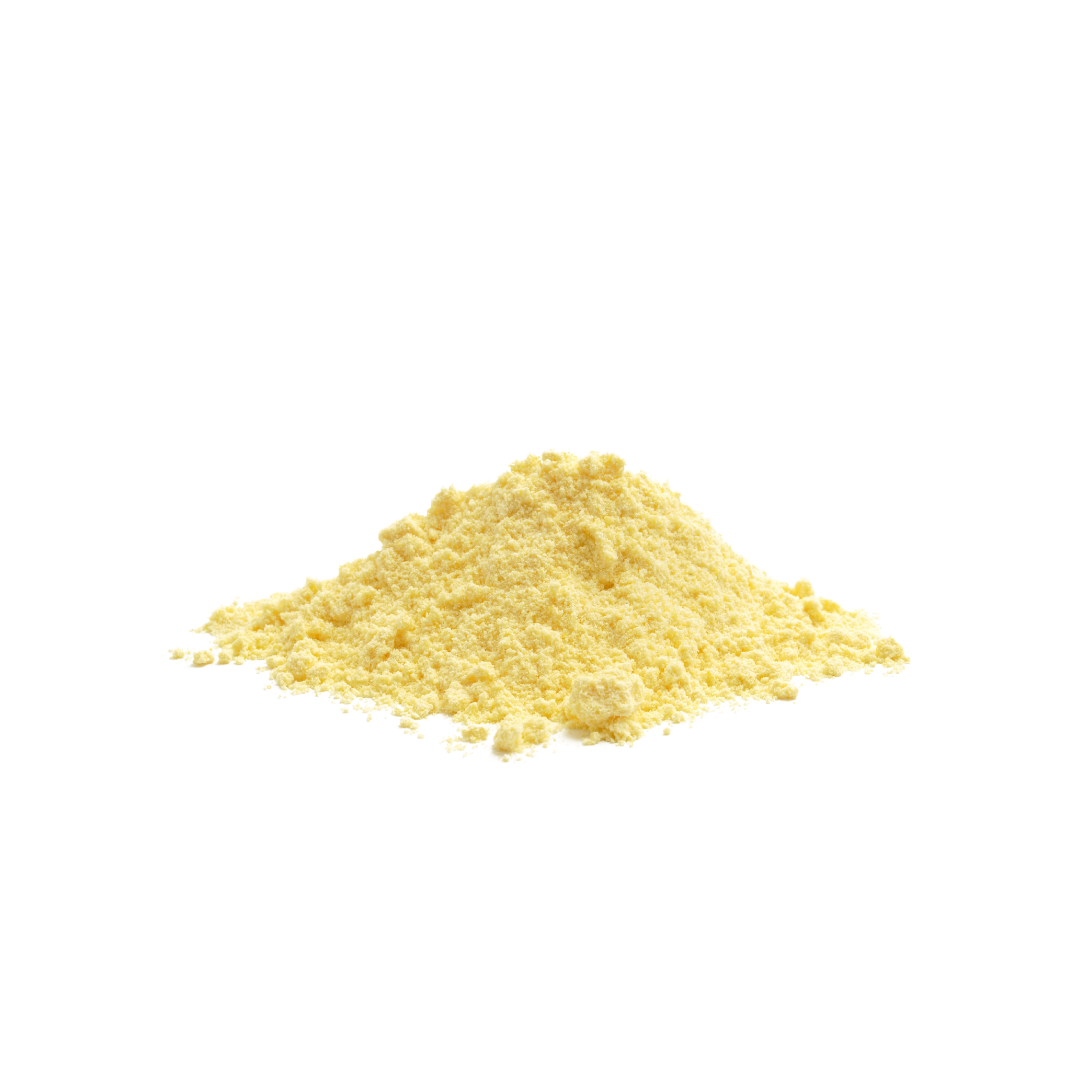
Vitamin K1
Vitamin K1 is a fat soluble vitamin that comes in two forms. At Proceive we use the phylloquinone form.
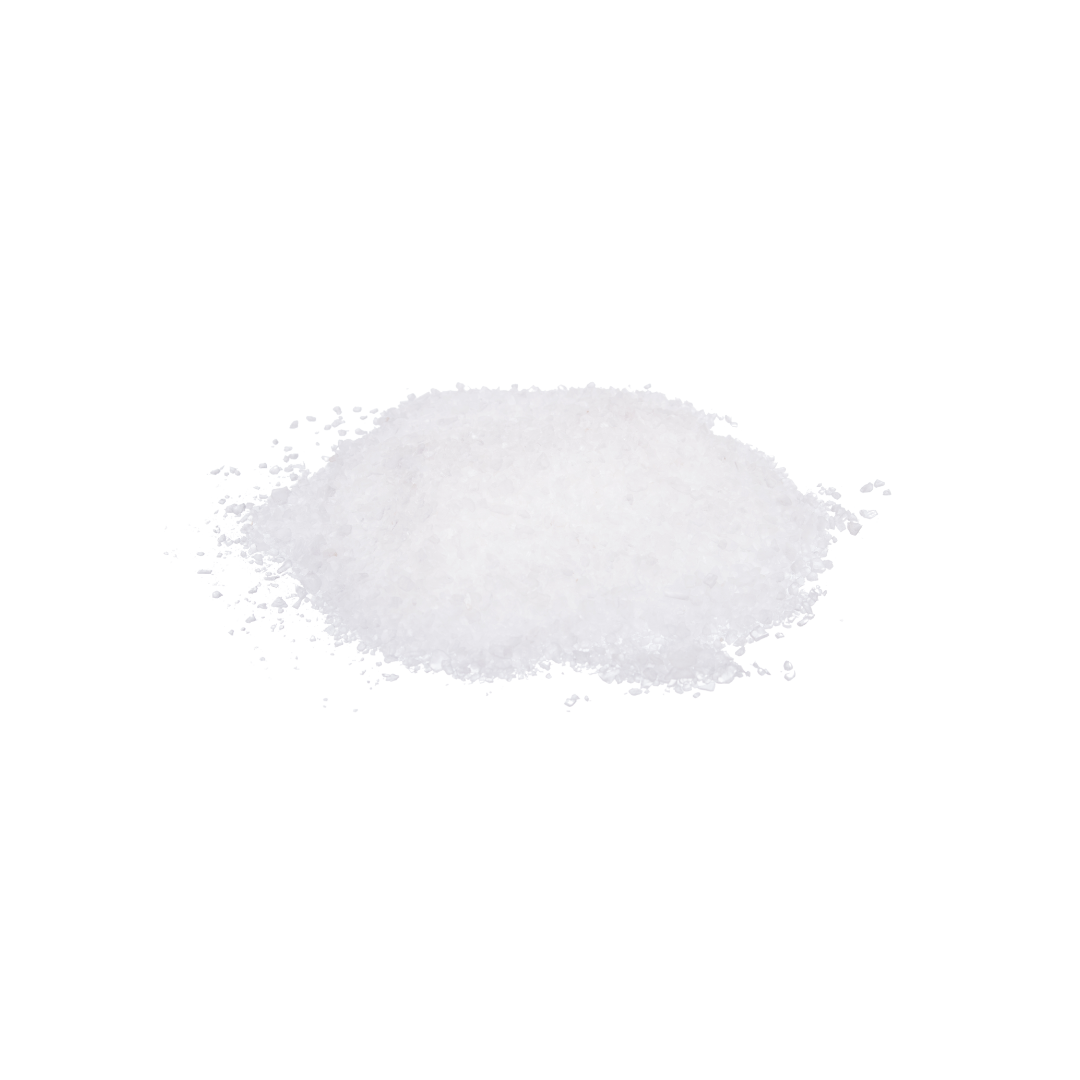
Vitamin C
Vitamin C is an important nutrient. It contributes to many functions in the body including supporting the immune system and improving iron absorption.
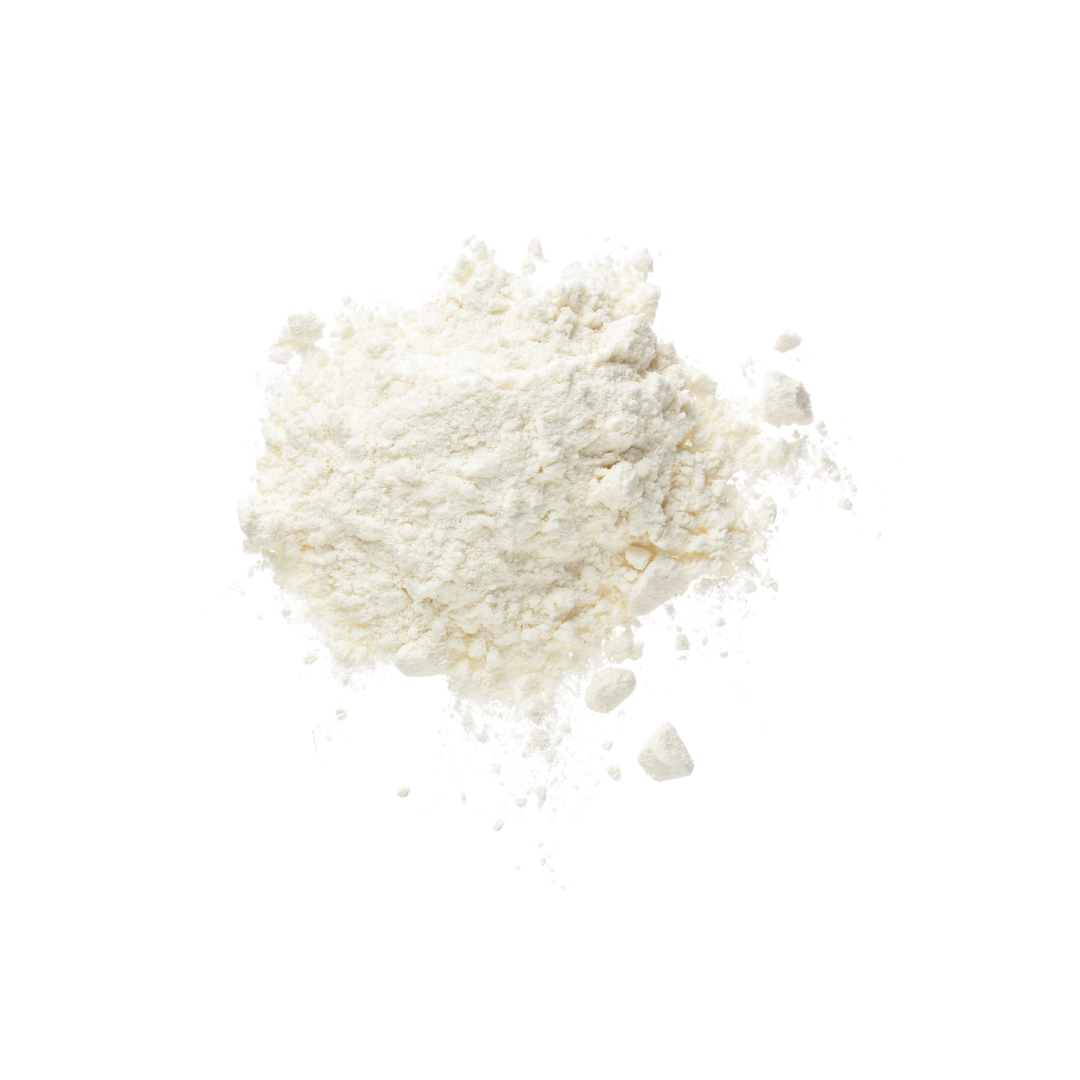
Vitamin B1
Vitamin B1 is also known as Thiamine. It contributes to normal energy yielding metabolism and normal functioning of the nervous system.
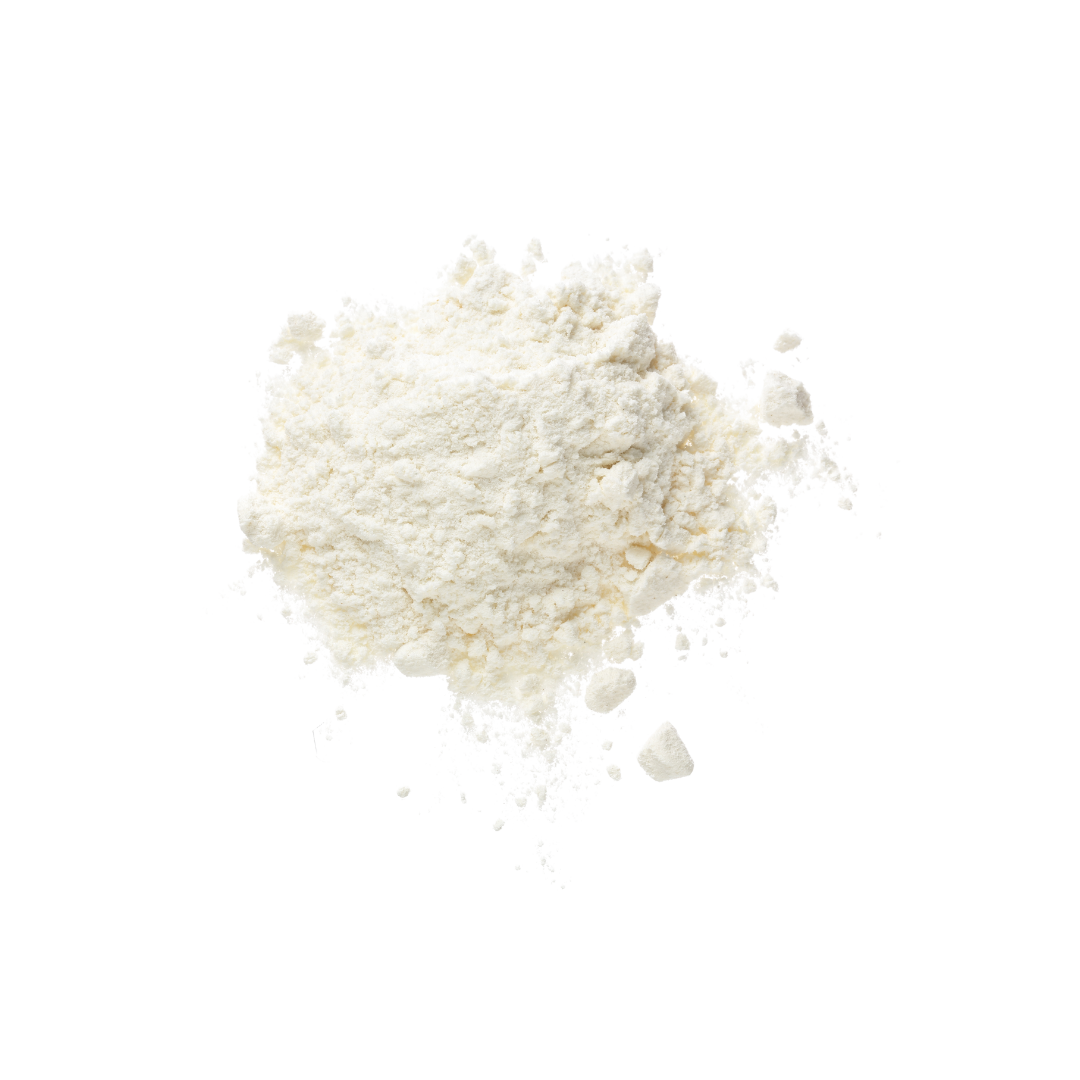
Vitamin B3
Also known as Niacin. It supports many functions including the reduction of tiredness and fatigue and the maintenance of normal mucus membranes.

Vitamin B6
Vitamin B6 is in important B vitamin that plays a role in many functions in the body. It contributes to the regulation of hormonal activity.
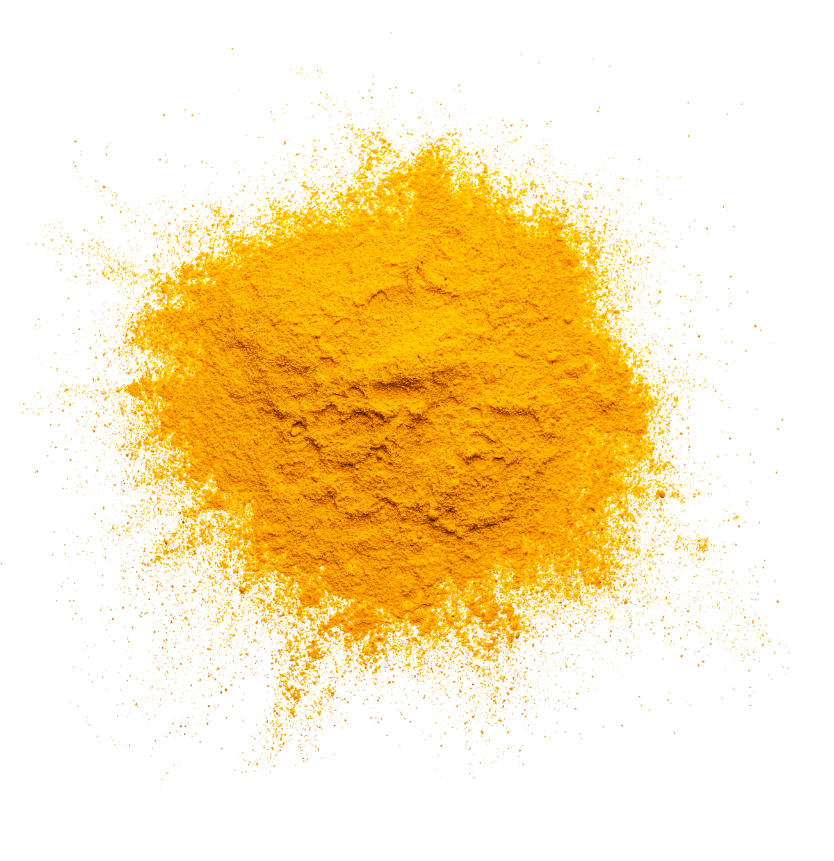
L-Methylfolate (Folic Acid)
Folate contributes to normal maternal tissue growth during pregnancy. At Proceive, we use the Methylfolate form.
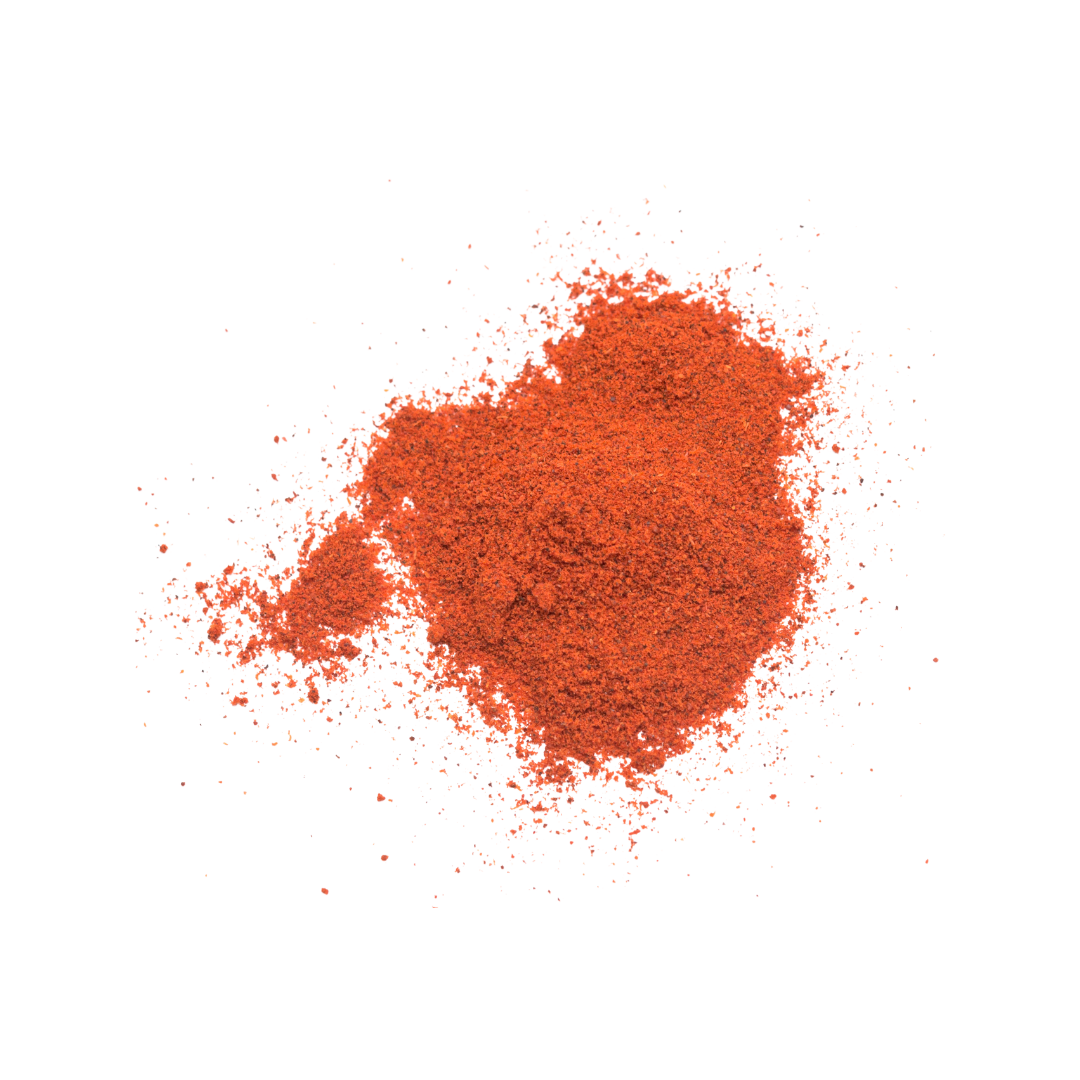
Vitamin B12
Vitamin B12 is an important B vitamin with many functions, including the process of cell division and supports the normal function of the immune system.
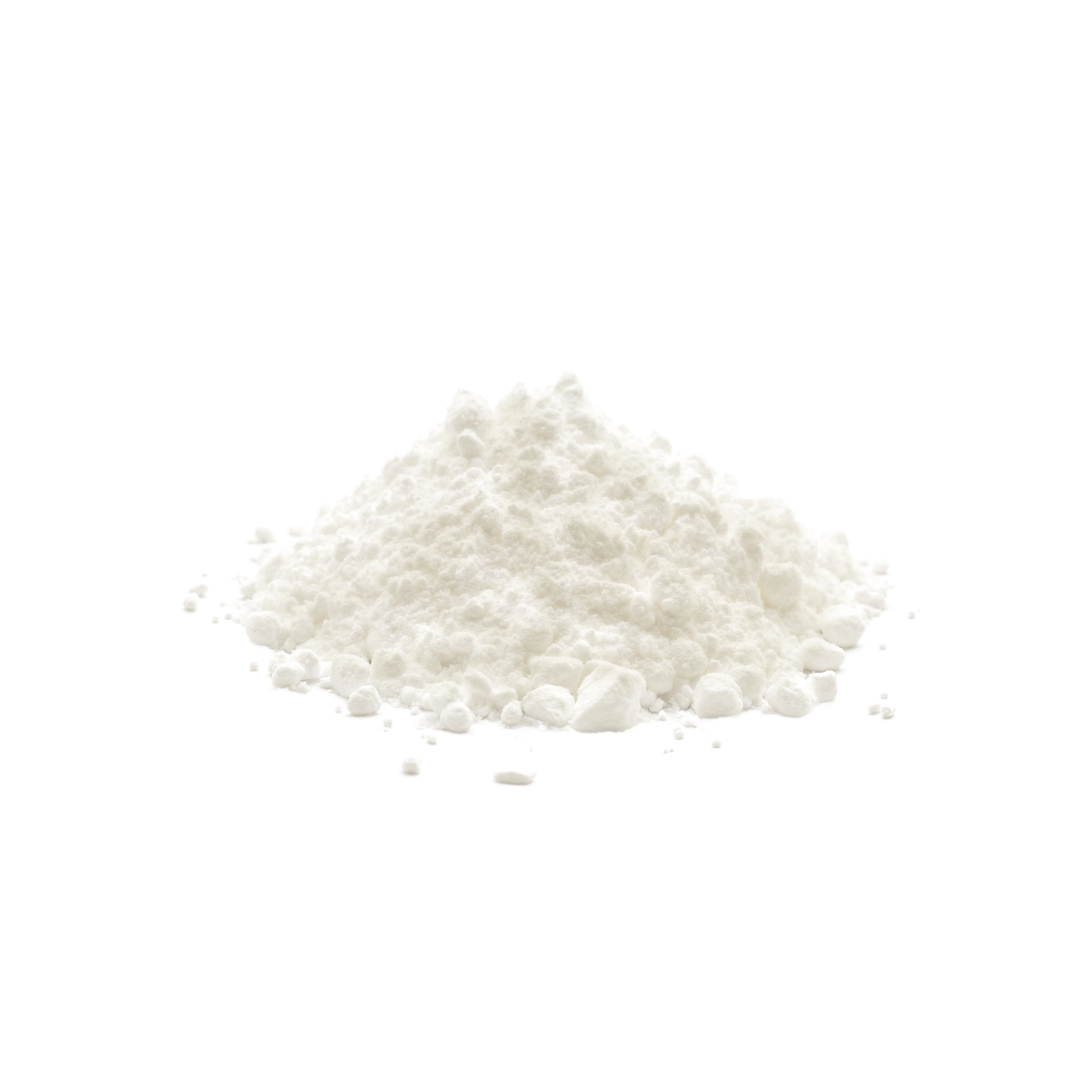
Biotin
Also known as Vitamin B9, Biotin contributes the maintenance of normal skin and hair, as well as the maintenance of normal mucus membranes.
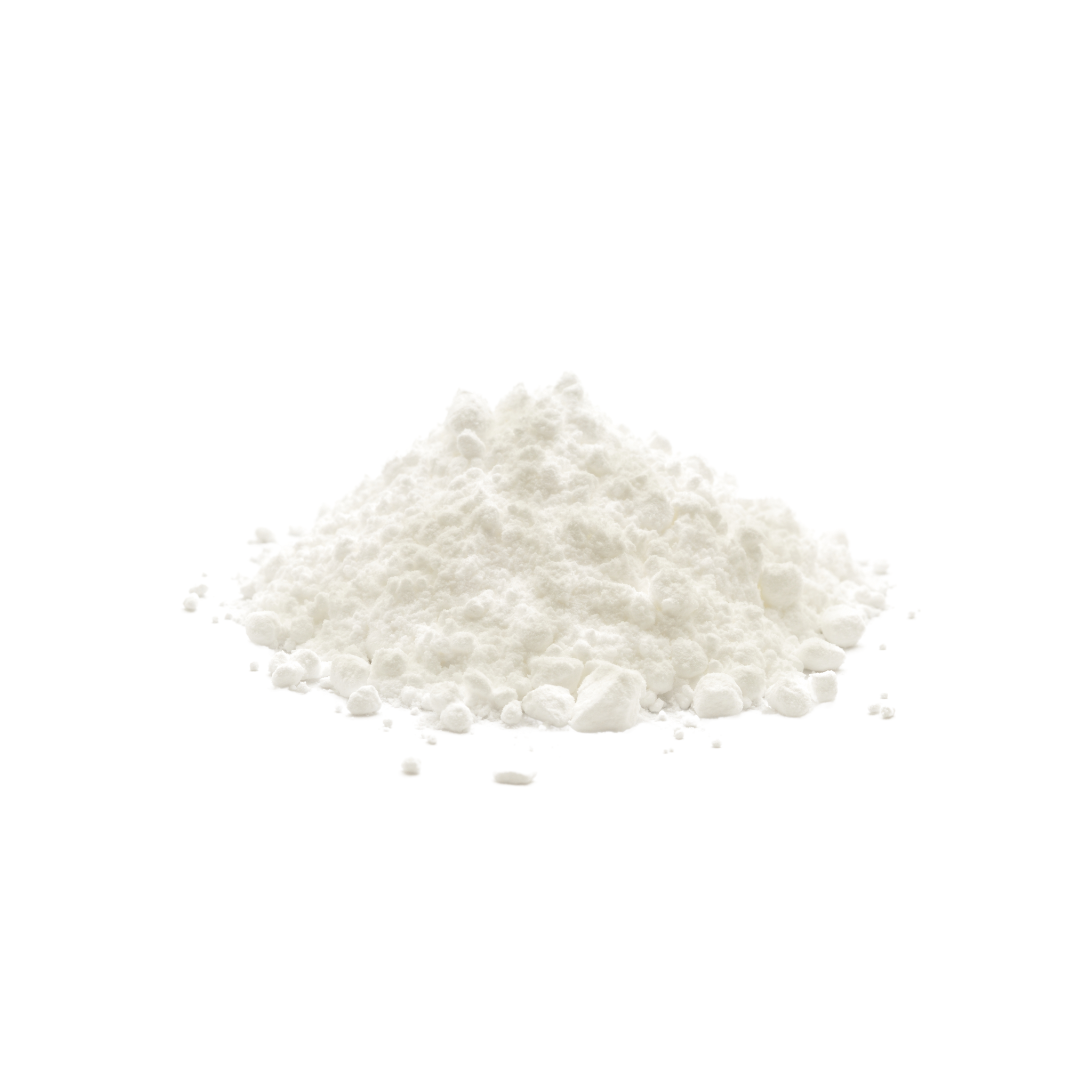
Pantothenic Acid (Vitamin B5)
Also known as vitamin B5, it contributes to normal energy yielding metabolism and mental performance.

Inositol
Also known as Vitamin B8, Inositol has several important functions in the body. Suitable for those trying to conceive (TTC).
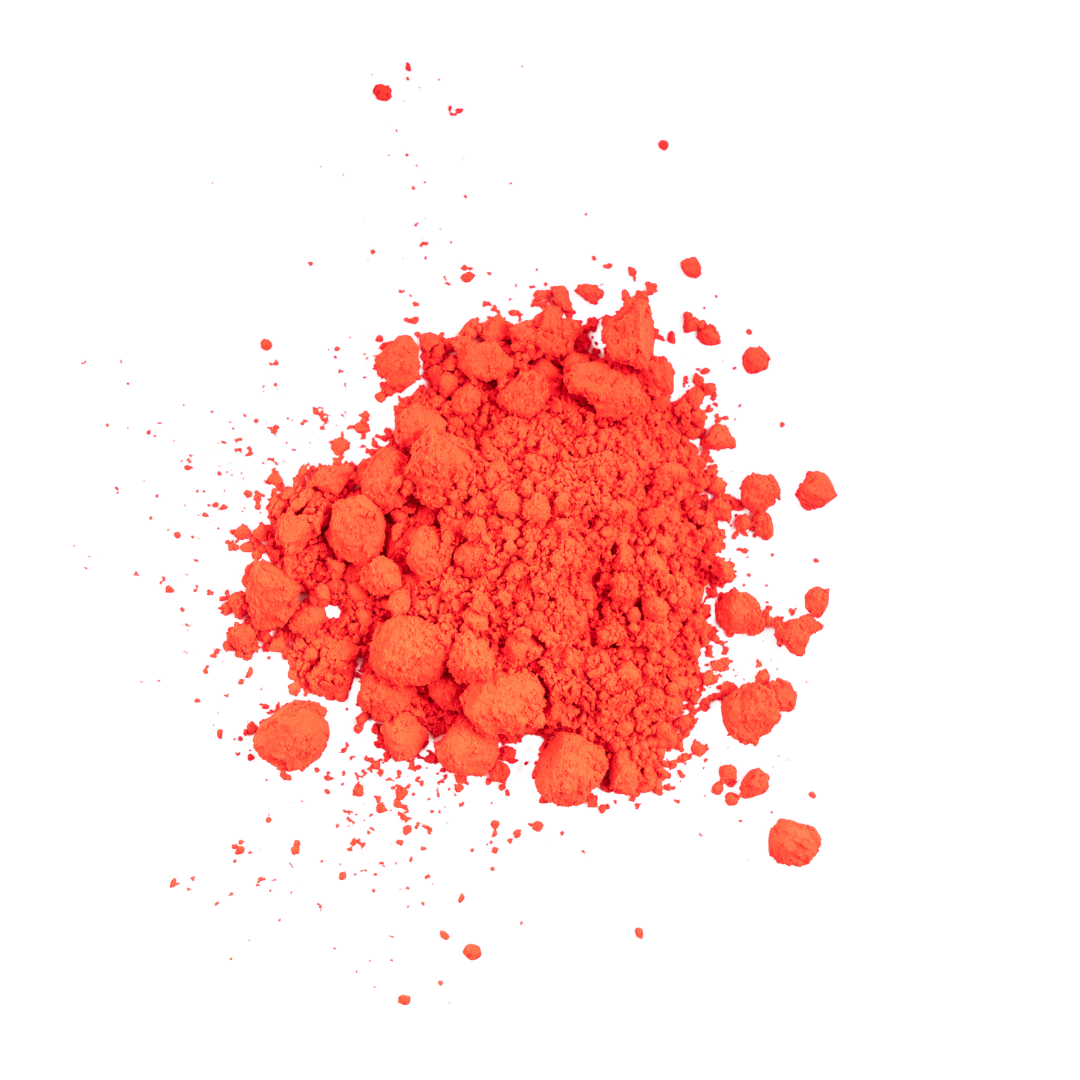
Beta Carotene
The name Beta Carotene is derived from the latin word for carrot. Belongs to a group of vitamins called Carotenoids and is found in many fruits and vegetables.
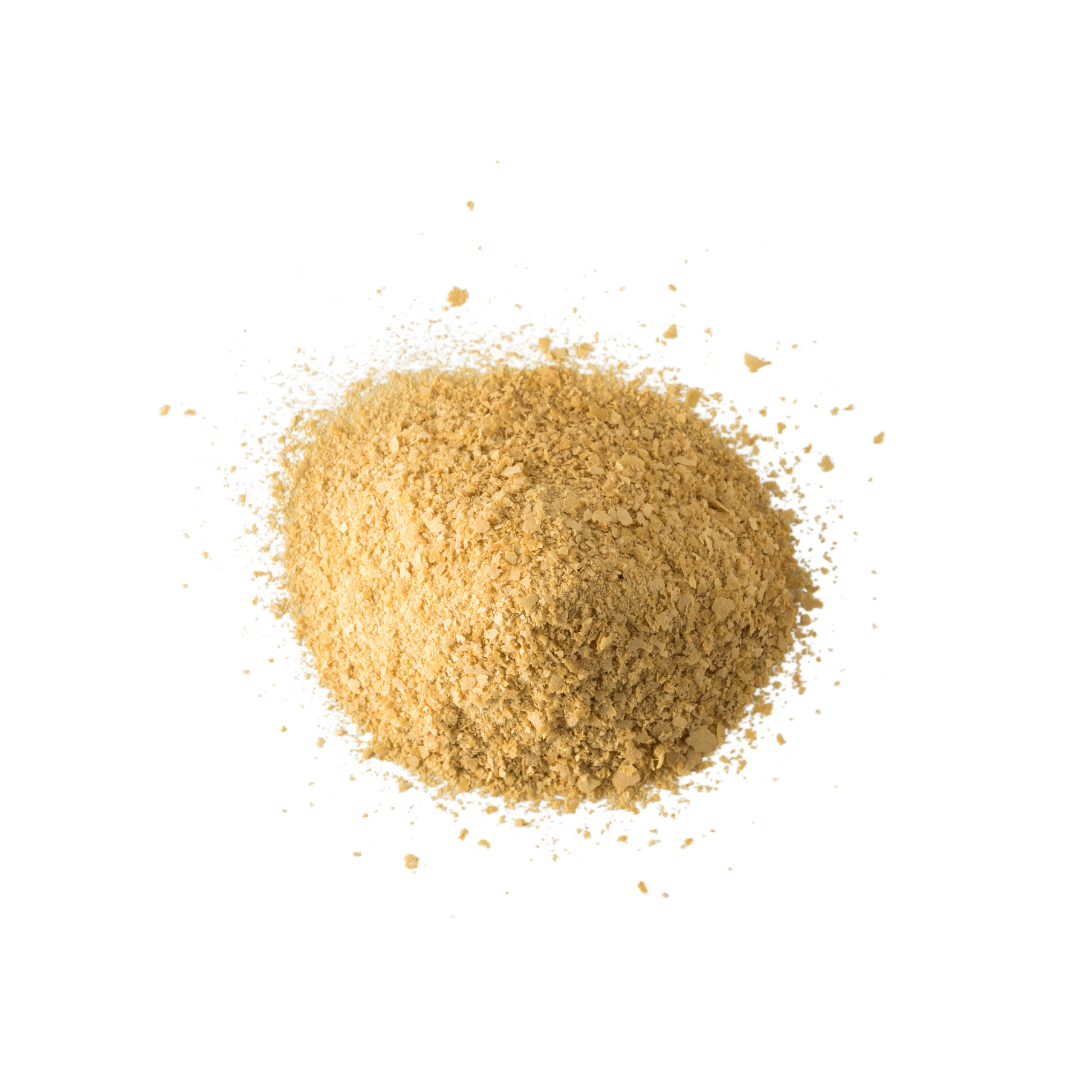
Choline
Choline contributes to normal lipid metabolism and the maintenance of normal liver function. It is an important fertility nutrient.
Minerals
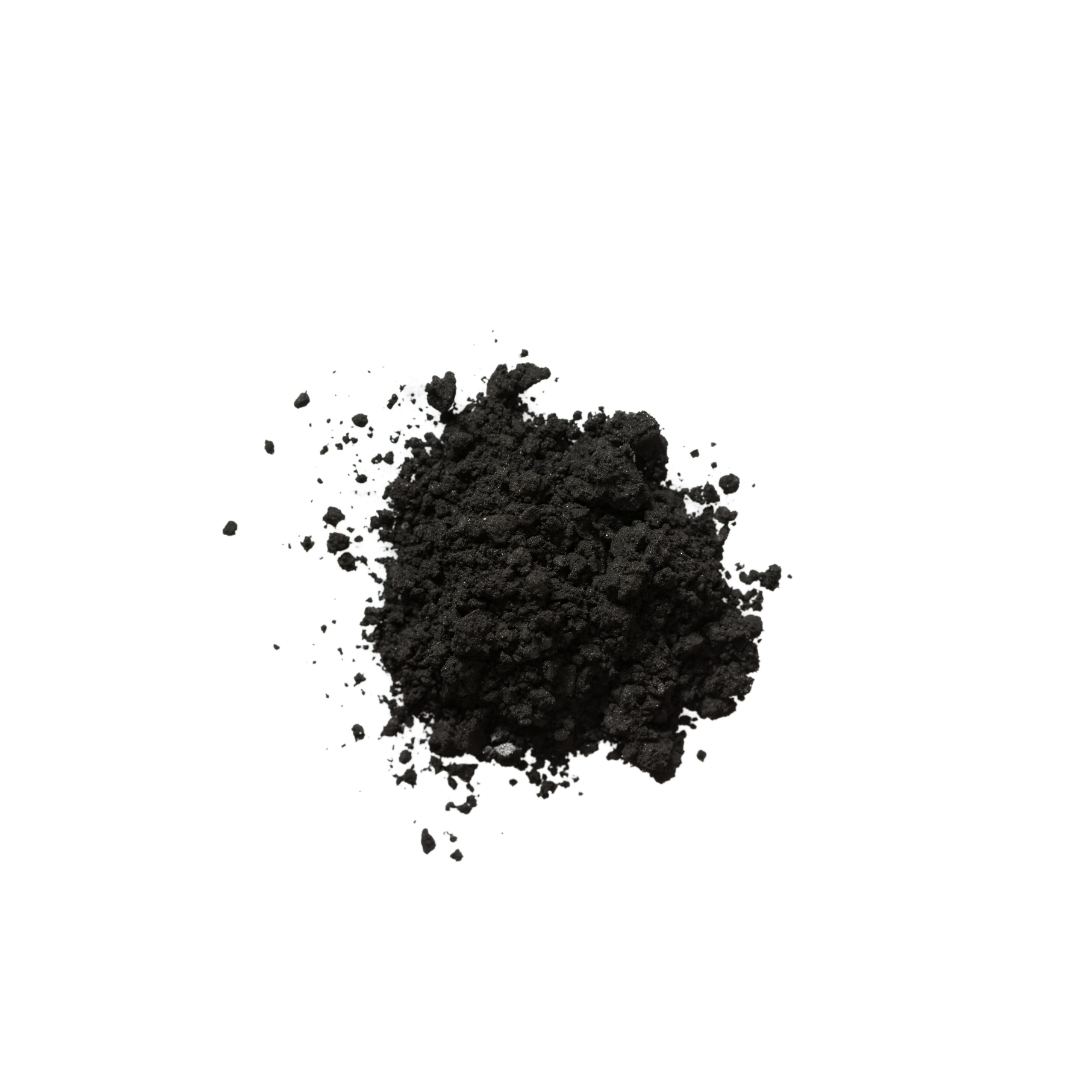
Iron
Iron contributes to many functions in the body, including normal oxygen transport and normal formation of red blood cells and haemoglobin
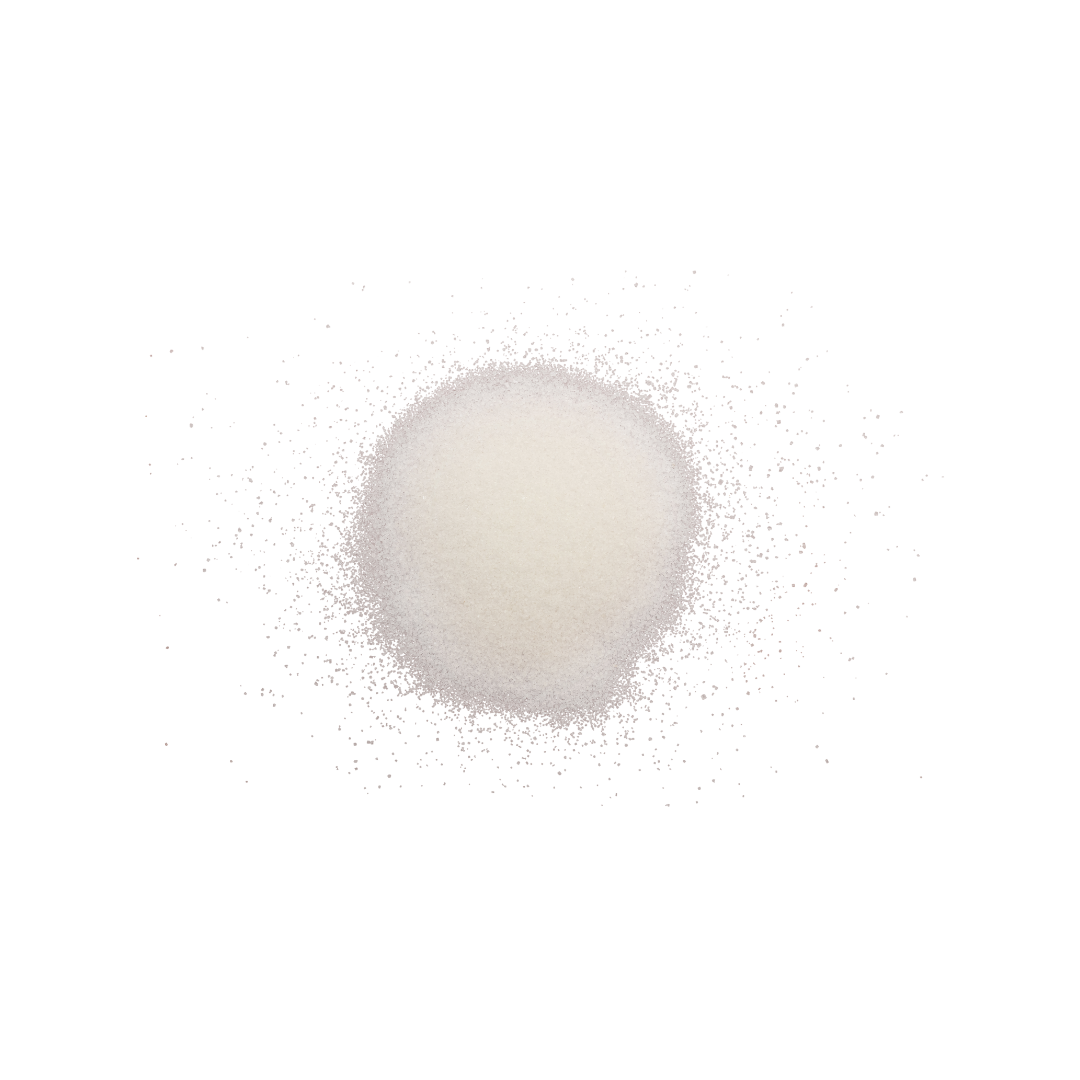
Calcium
Calcium has many roles, including the process of cell division. It is also needed for the maintenance of normal bones and muscles.
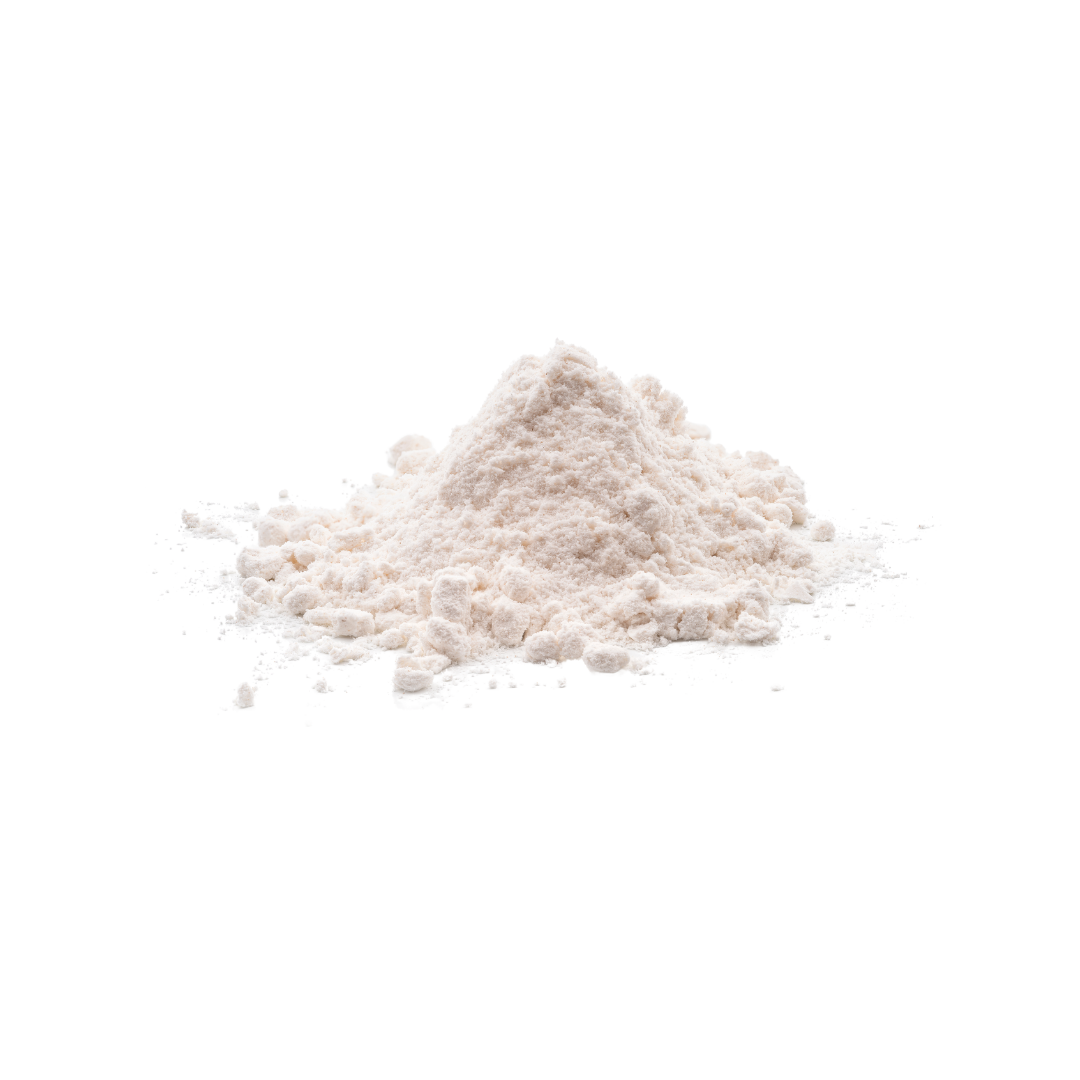
Magnesium
With over 300 function in the body Magnesium supports the nervous system, normal psychological function, and normal muscle function.
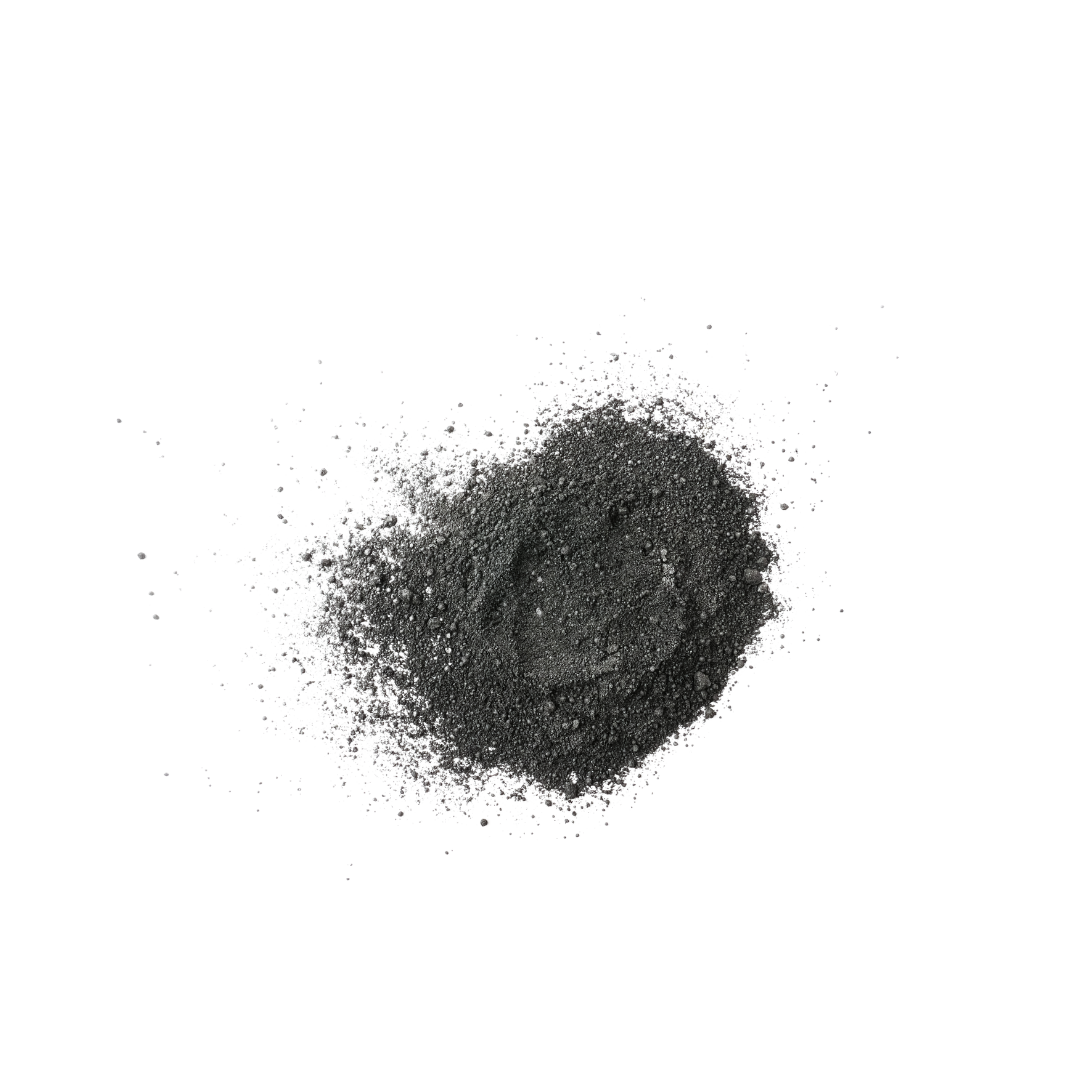
Zinc
Zinc is an important nutrient. It contributes to normal fertility and reproduction.
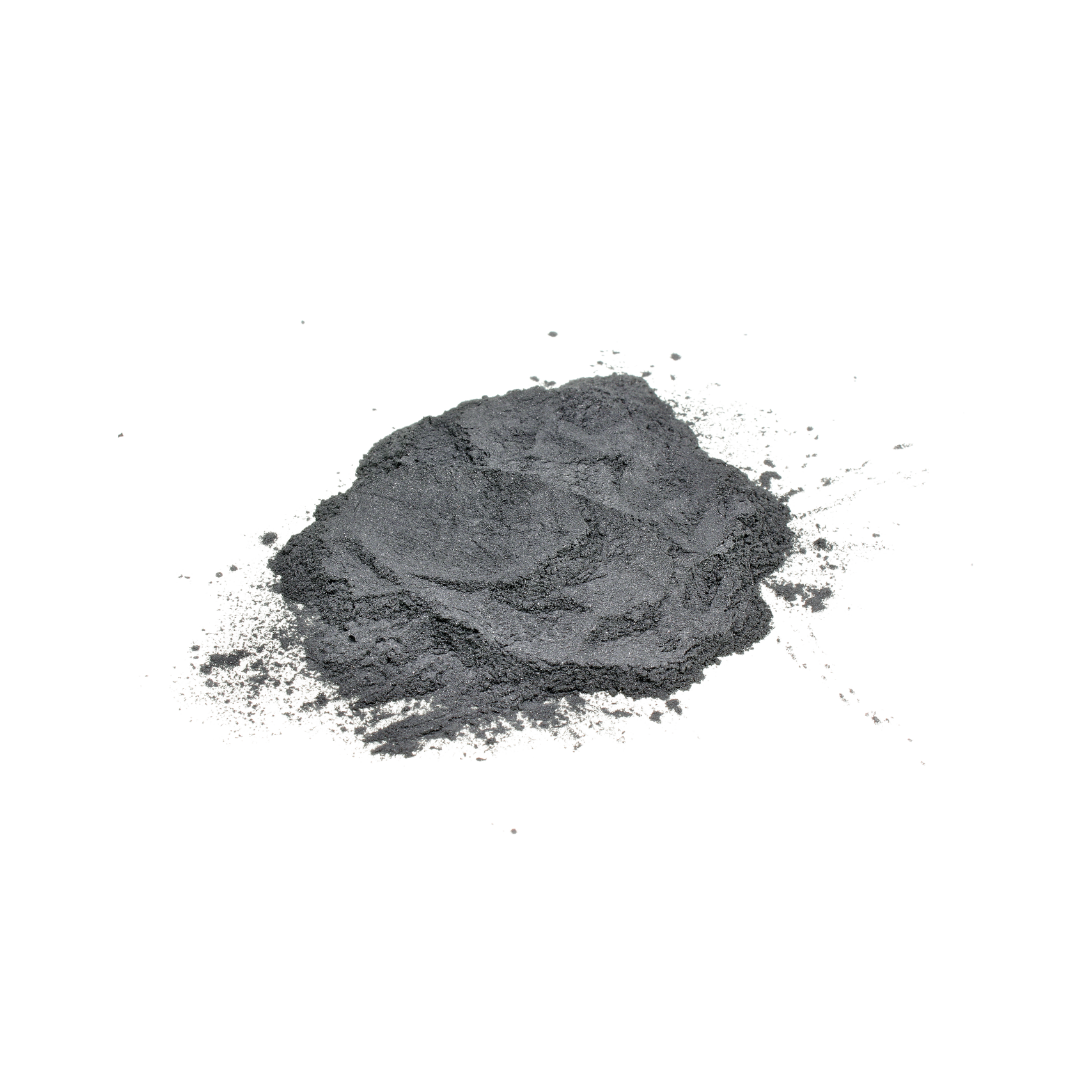
Manganese
Manganese is a trace mineral important for supporting energy production in the body as well as the maintenance of normal bones.
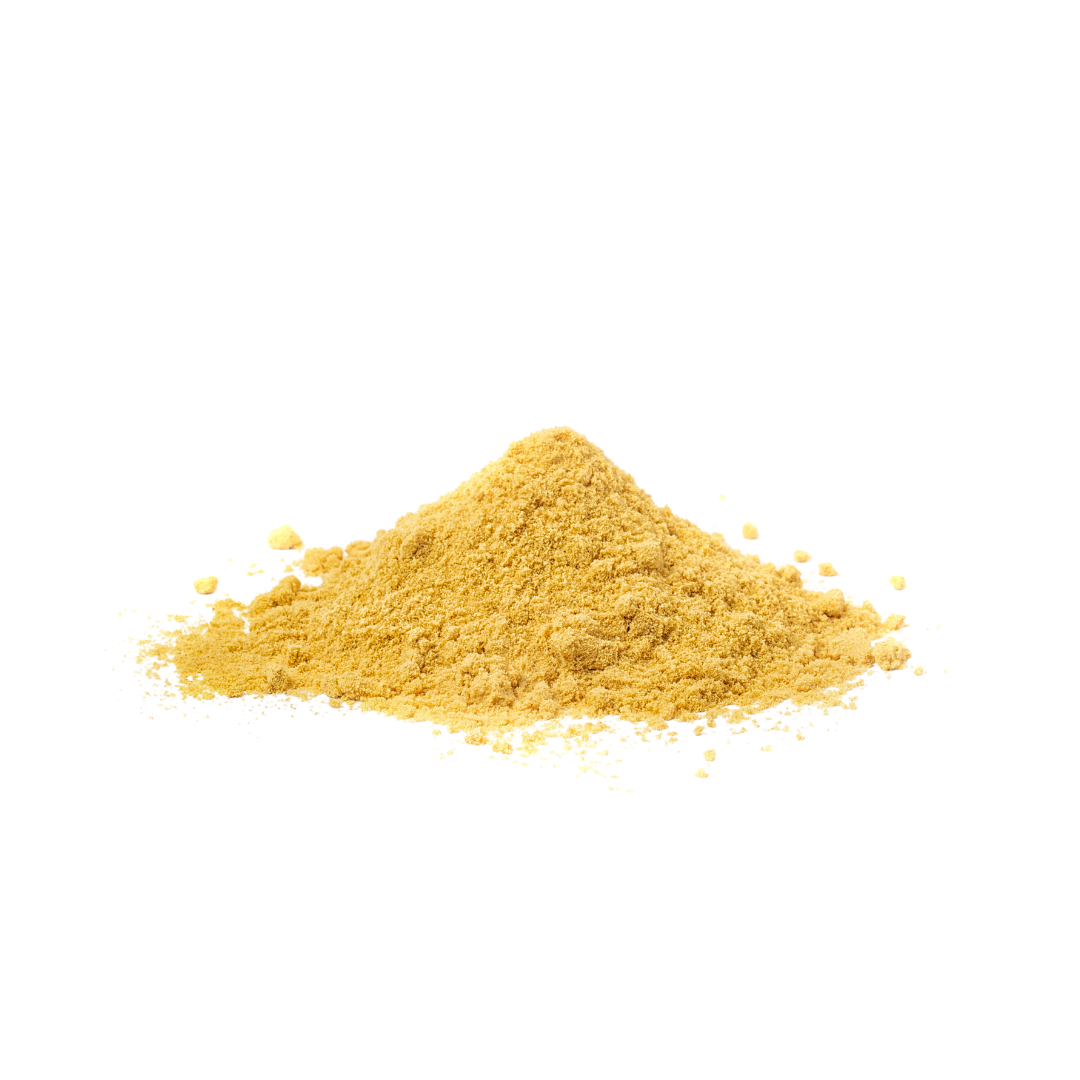
Selenium
Selenium plays a key role in male fertility. It contributes to the normal spermatogenesis - this is the production of sperm.
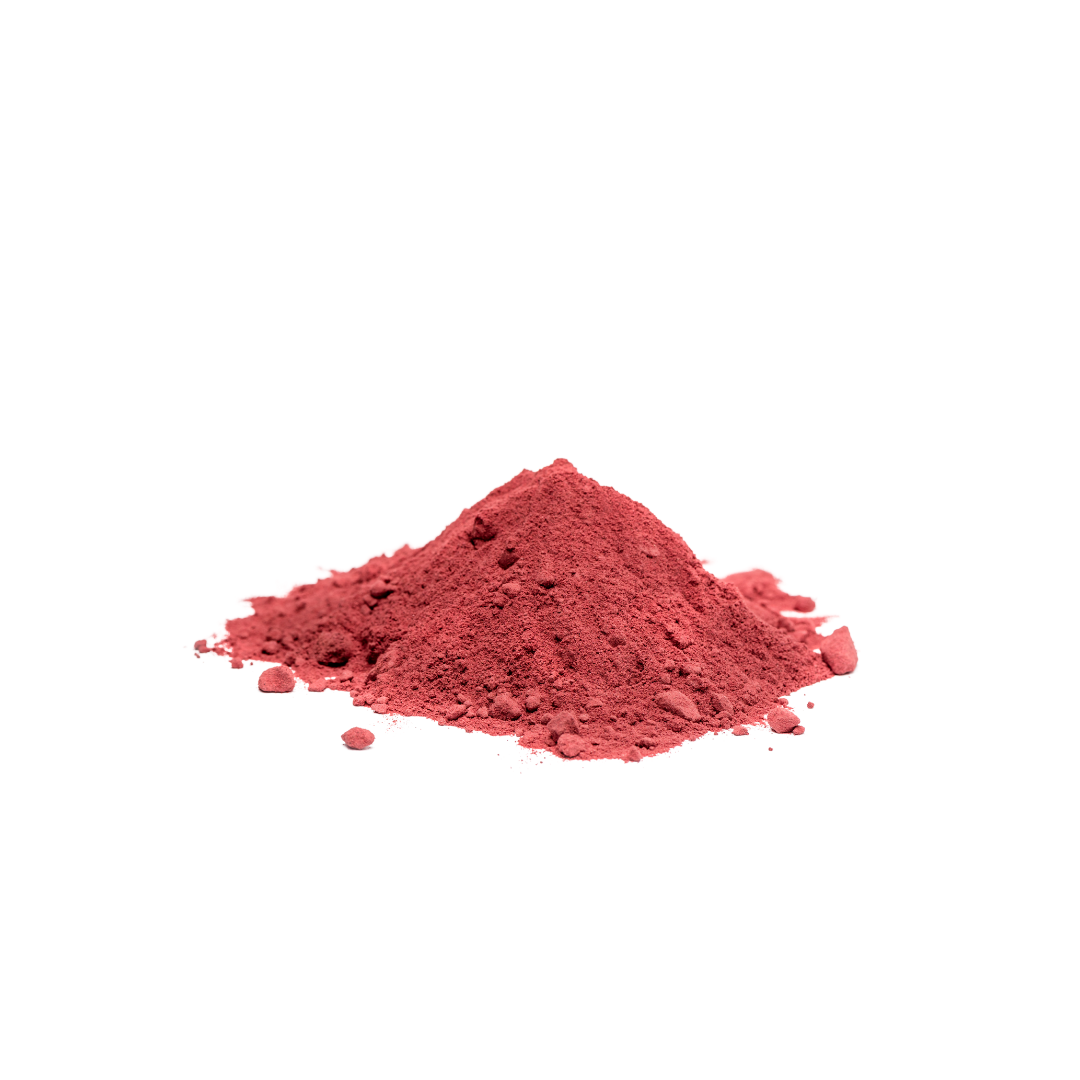
Chromium
Chromium is a trace mineral which contributes to the maintenance of normal blood glucose levels.
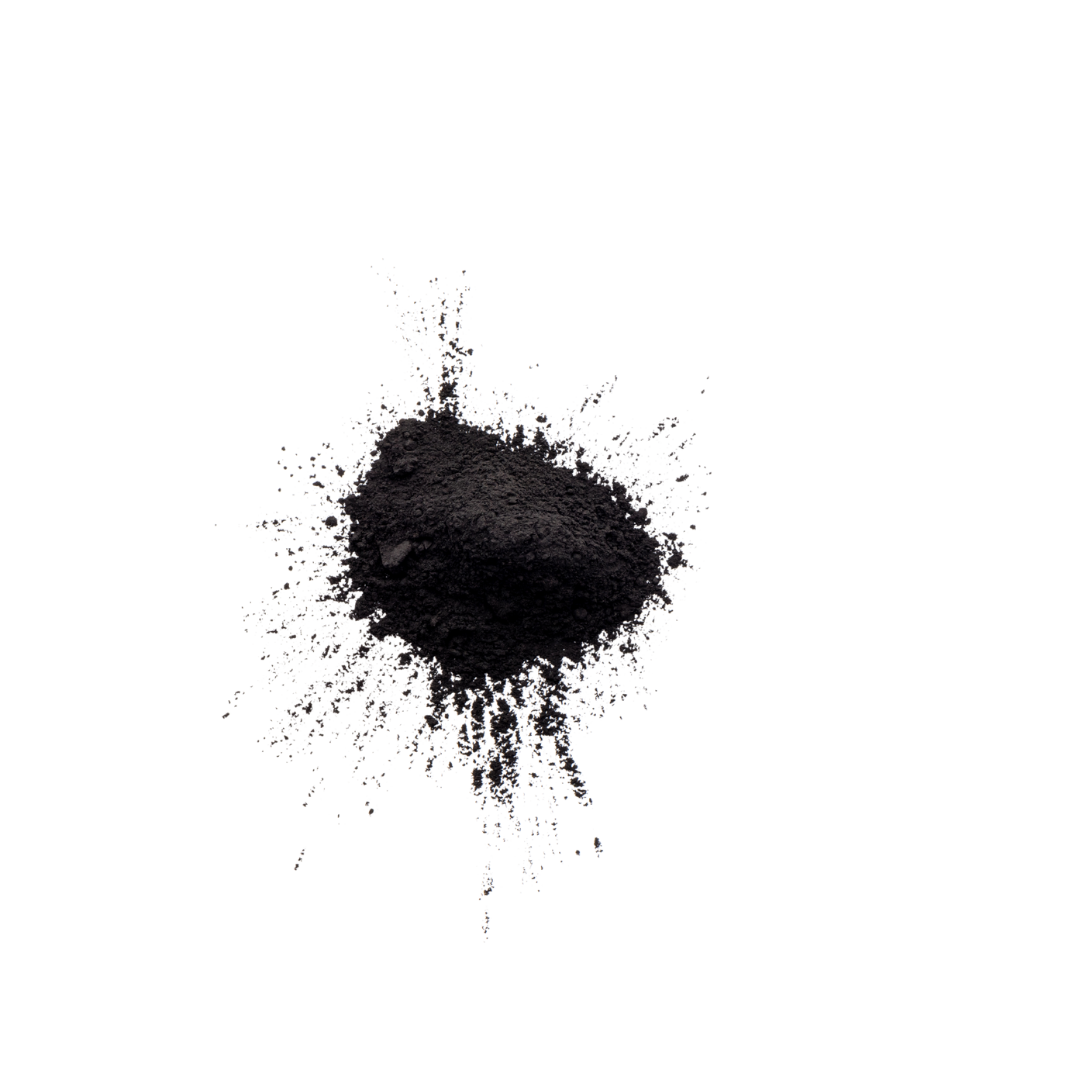
Molybdenum
Molybdenum is a trace element that is found in dairy, grains and leafy veg. It contributes to normal sulphur amino acid metabolism.
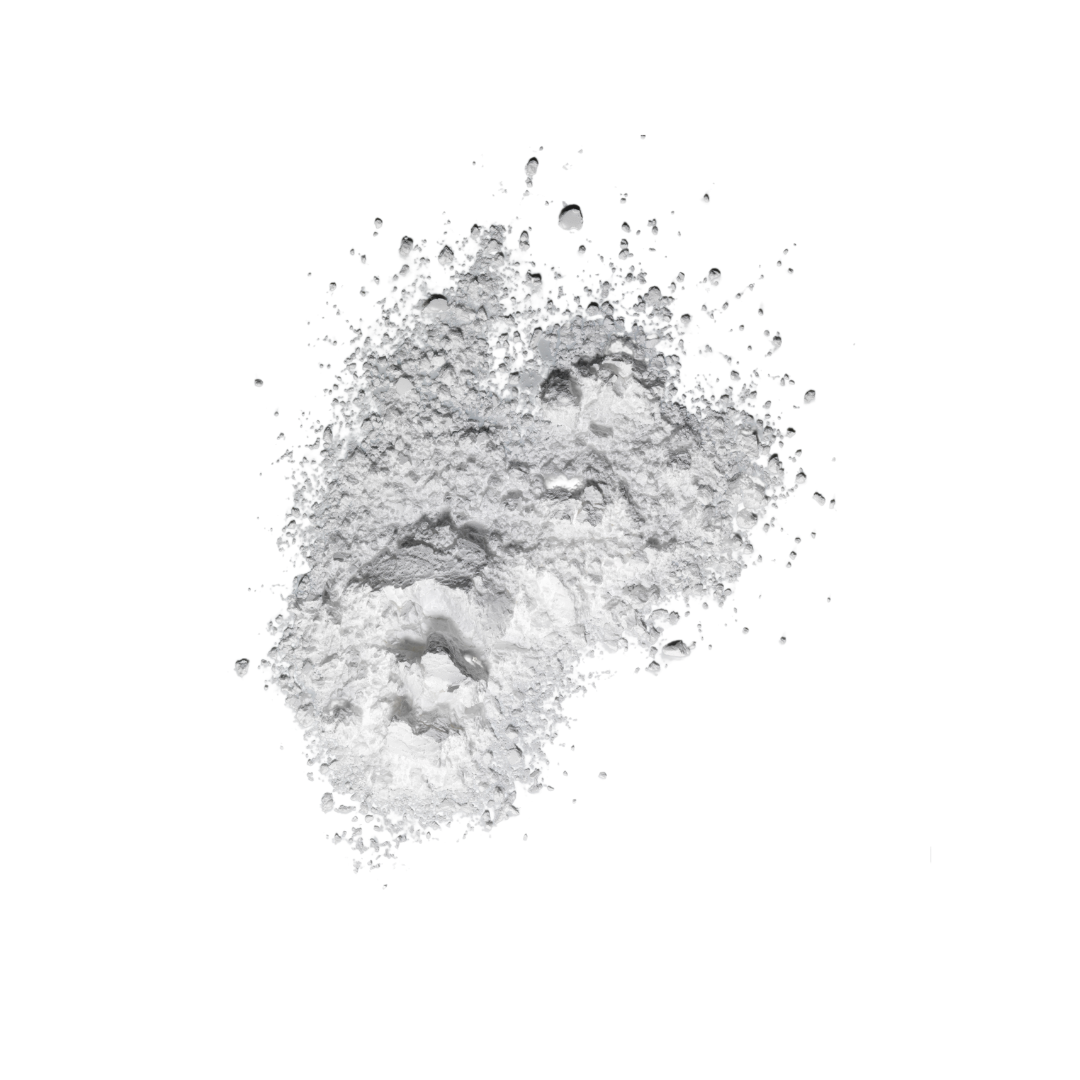
Iodine
Iodine has many functions including the normal production of thyroid hormones and normal thyroid function.
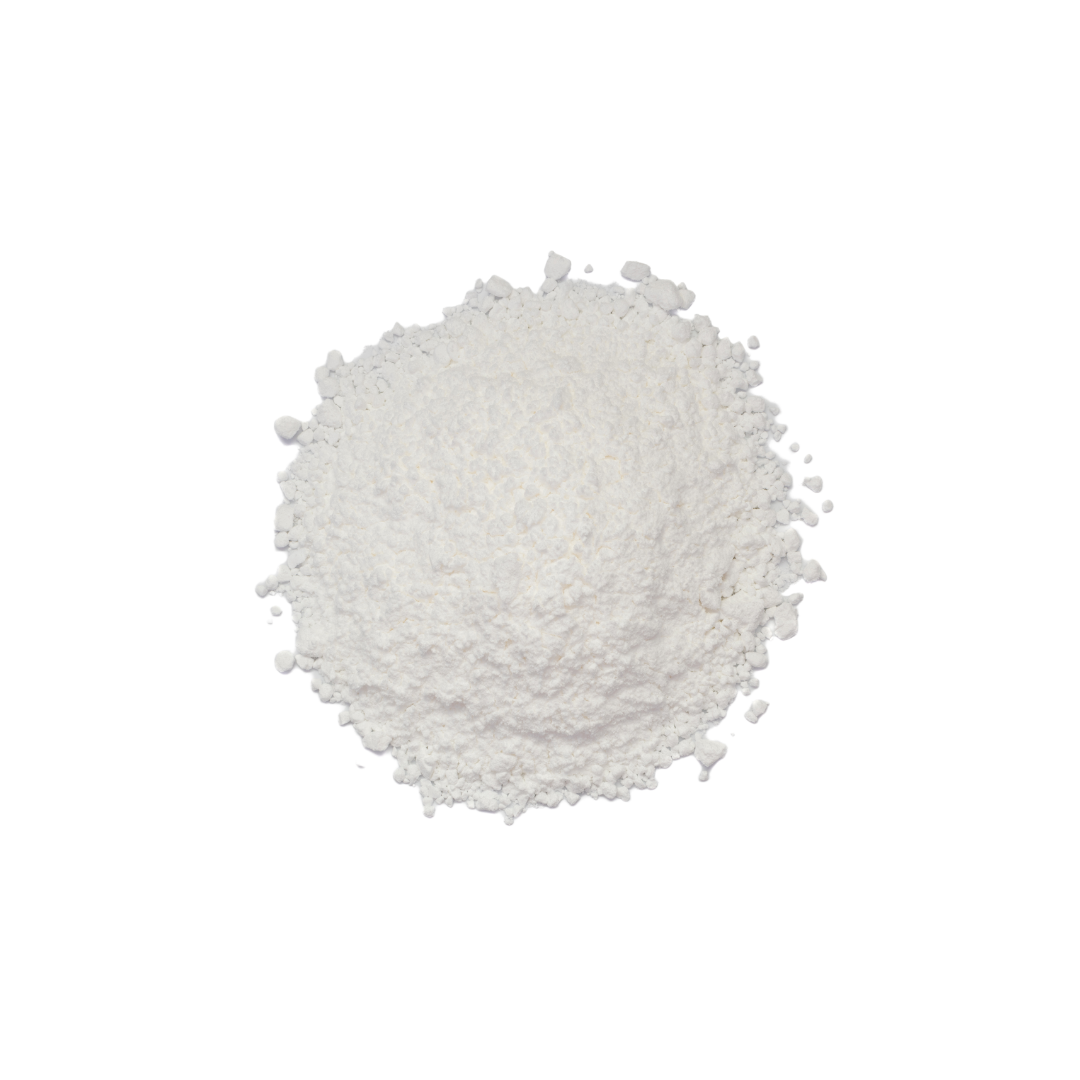
Boron
Boron is a trace mineral that is found naturally in leafy green vegetables such as kale and spinach.
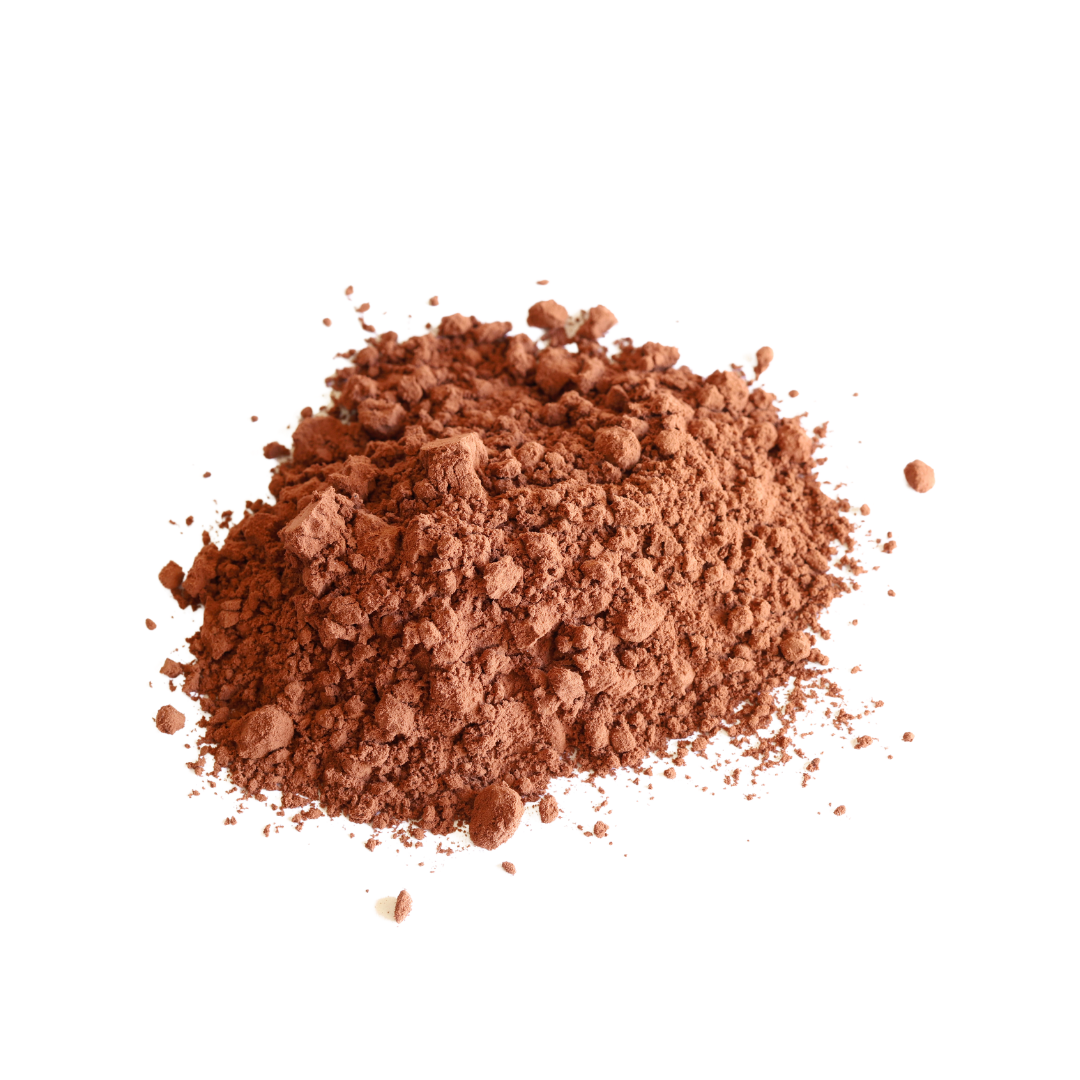
Copper
Copper is a trace mineral that contributes to the normal function of the immune system and protects cells from oxidative stress.
Omega 3

Omega 3
Omega 3 fatty acids are considered essential fatty acids (EFA’s). EPA and DHA are two types of Omega 3 fatty acids, they are particularly important in conception, pregnancy and breastfeeding.

